28 Inspiring Mental Health Quotes That Will Empower You
 Mental health is an integral component of maintaining good overall health.
Mental health is an integral component of maintaining good overall health.
When individuals are mentally healthy, they are able to realize their own abilities, cope with the normal stresses of life, work productively, and make positive contributions to their community (World Health Organization, 2004).
When individuals experience poor mental health, they may start to withdraw and can experience debilitating symptoms such as depression and anxiety. Poor mental health can also affect physical health, as individuals might react by neglecting their physical health through inconsistent eating habits, poor hygiene, and general malaise (Ohrnberger et al., 2017).
This article will dig into quotations that can help empower individuals with mental health difficulties. The quotations seek to inspire those who are experiencing mental health issues and provide education surrounding mental health and the stigma around those who experience difficulties.
Before you continue, we thought you might like to download our three Meaning and Valued Living Exercises for free. These creative, science-based exercises will help you learn more about your values, motivations, and goals, and give you the tools to inspire a sense of meaning in the lives of your clients, students, or employees.
This Article Contains:
Our 6 Favorite Mental Health Quotes
“There is hope, even when your brain tells you there isn’t.”
John Green, 2019
“The true definition of mental illness is when the majority of your time is spent in the past or future, but rarely living in the realism of NOW.”
Shannon L. Alder, n.d.
“No one would ever say that someone with a broken arm or a broken leg is less than a whole person, but people say that or imply that all the time about people with mental illness.”
Elyn R. Saks, 2007
“Things not to say to someone with mental illness: Ignore it. Forget about it. Fight it. You are better than this. You are over thinking.”
Nitya Prakash, 2019
“Being able to be your true self is one of the strongest components of good mental health.”
Lauren Fogel Mersy, n.d.
“All stress, anxiety, depression, is caused when we ignore who we are, and start living to please others.”
Paulo Coelho, 2014
To maintain wellbeing, individuals need to recognize their inner strengths. They can seek to accomplish this through therapeutic mental health interventions and meditation, as these processes help individuals to engage in further reflection about what influenced their current state and how they can move forward.
Mental health is centered around maintaining individual wellbeing. The absence of a mental disorder is not sufficient for good mental health, as individuals must be able to function independently and engage in consistent self-care to be considered mentally healthy (World Health Organization, 2004).
7 Short Mental Health Quotes and Sayings
“Mental illness… occurs when our mental health is compromised or neglected for so long that it affects our ability to function in our everyday life.”
Kati Morton, 2018
“Over the course of the past decade, there’s been increased willingness to recognize mental health as an essential part of one’s well-being.”
Nicole Spector, 2020
“We envisage a society in which mental health problems are an acceptable and in some ways valued part of the human experience.”
Mike Slade, Lindsay Oades, & Aaron Jarden, 2017
“Consequently, actions that successfully improve the overall mental health of the population are likely to be accompanied by other important benefits to society.”
Elliott Goldner, Emily Jenkins, & Dan Bilsker, 2016
“Not surprisingly, there has been a mismatch between the enormous impact of mental illness and addiction on the public’s health and our society’s limited commitment to addressing these problems.”
John Campo, 2017
“Just because no one else can heal or do your inner work for you, doesn’t mean you can, should, or need to do it alone.”
“Slow, deep breathing is important… It’s like an anchor in the midst of an emotional storm: the anchor won’t get rid of the storm, but it will hold you steady until it passes.”
Russ Harris, 2008
It’s important to recognize that an individual’s response to present events is based on their mental state. However, an individual’s reaction to past and future events affects their overall mental health, as the anticipation and rumination surrounding different events fuel an individual’s reactions.
Over the past few years, mental health has come to describe not only severe mental conditions, but also an aspect of overall health. As a result, the general population’s understanding and categorization of mental health has broadened (Spector, 2020).
Although mental health may not yet be normalized to the extent that physical wellbeing has, more people are willing to speak out about the impact of mental health. More specifically, there has been an increase in prominent individuals being willing to talk about their mental health struggles, which has helped keep the dialogue going.
It is important to do your best to find an outlet that allows you to be open and honest about your struggles, be it with a therapist, good friend, or family member.
Many individuals have also found an outlet by engaging in creative pursuits such as writing and painting to help express their emotions. Having an outlet to express your emotions can help maintain stable mental health and continue to motivate the conversation surrounding mental health and wellbeing.
Many of us can fall into the trap of thinking that if one doesn’t experience any symptoms of mental illness, then they should automatically display high wellbeing.
We may also think that fixing what is wrong will automatically lead to greater wellbeing. However, research suggests that it is far more complicated than that.
Keyes (2005) found that although higher subjective wellbeing correlates with fewer mental health symptoms and vice versa, this relationship is far from perfect.
In other words, some people who suffer from a disorder might still experience a relatively high level of subjective wellbeing, while some people who report low levels of subjective wellbeing might experience few symptoms or may even not suffer from a mental health disorder.
Ultimately, this model is crucial in providing a deeper understanding of mental health and wellbeing. The field of psychology is essential in understanding and assisting those with symptoms of psychopathology.
Yet, we also need to understand and learn about what complete mental health looks like and develop ways to assist people in moving towards this state of being.
Positive psychology’s focus on what is going right with an individual may be a way forward towards this goal.
Mental Health Is Real: 9 Quotes to Fight Stigma
“We all add to the stigma surrounding mental illness. I am not trying to call anyone out or make anyone feel bad, but in our own way, we all contribute to the stigma. It could be the way we think about other people with mental illness, or even the way we talk to ourselves about our own struggles.”
Kati Morton, 2018
“Mental health clinicians need to address the issue of stigma, which is so often attached to mental illness. They need to support efforts to prevent mental ill health and promote health, wellness and resilience. Clinicians need to support the rights of people with mental illness, and enable them to participate meaningfully in society.”
Nicholas Procter, Helen Hamer, Denise McGarry, Terry Froggatt, & Rhonda Wilson, 2014
“We believe that a mental health system that was fully supporting recovery would look different in language, assumptions, theory base and working practices. It would have a natural focus on strengths.”
Mike Slade, Lindsay Oades, & Aaron Jarden, 2017
“I believe the best way to manage our thoughts is to first educate ourselves. We need to fully understand how a mental illness can feel to someone before we thoughtfully talk about it.”
Kati Morton, 2018
“People will need help and support either intermittently or continuously, but their mental health experience no more defines them than their sexuality, gender, personality or any other aspect of their identity.”
Mike Slade, Lindsay Oades, & Aaron Jarden, 2017
“When mental health is ultimately recognized as essential to physical health, not an extraneous element of it, then we will have access to true, complete, modern medicine.”
John Campo, 2017
“Although the general perception of mental illness has improved over the past decades, studies show that stigma against mental illness is still powerful, largely due to media stereotypes and lack of education, and that people tend to attach negative stigmas to mental health conditions at a far higher rate than to other diseases and disabilities, such as cancer, diabetes or heart disease.”
Jean Holthaus, n.d.
“Mental illness is nothing to be ashamed of, but stigma and bias shame us all.“
Bill Clinton, 1999
“Stigma and self-stigma are some of the most significant barriers surrounding mental health. Pervasive stigma is defined as a negative attitude towards a condition or person which leads to negative action or discrimination.”
Peter Haugen, Aileen McCrillis, Geert Smid, & Mirjam Nijdam, 2017
As a result of these difficulties, the fear of stigma may motivate some individuals to hide specific behaviors related to their mental illness or deny that they are having issues. Mental illness can become a defining piece of the individual’s personality and cause their interactions to be categorized by their mental illness.
To fight stigma, it is important for society to continually promote increased awareness and acceptance of mental health difficulties. Widespread interventions to reduce stigma are found to have a greater impact on perpetuating long-term change surrounding awareness and knowledge of mental health.
Specific evidence-based strategies that are found to reduce sigma include (National Academies of Sciences, Engineering, and Medicine, 2017).
- Education, such as mental health literacy campaigns
- Protest and advocacy (e.g., letter writing and Twitter campaigns)
- Programs that facilitate social contact between people with and without behavioral disorders (contact-based programs)
- Contact-based education programs, which combine contact with educational content designed to raise public awareness of selected issues or increase public knowledge about mental and substance use disorders
- Media campaigns delivered over a range of platforms, including traditional and newer social media
- Peer programs in which people who have disclosed their conditions offer their experience and expertise to individuals and families, ranging from informal peer-led programs to peer-specialized services in health services systems
Introducing these programs can help increase awareness surrounding mental health. As people become more aware of the impacts, mental illness can slowly become more understood among the general population.
Stigma surrounding mental health includes being negatively perceived by others because of mental illness. Specifically, it can lead individuals to be discredited by society and experience barriers surrounding employment, access to care, and social support (Bharadwaj, Pai, & Suziedelyte, 2015).
Decreasing stigma could increase the likelihood that people with mental health conditions will seek help for their difficulties, allowing them to live more fulfilling lives.
6 Quotes From the World of Literature
“We need never be hopeless, because we can never be irreparably broken.”
John Green, 2008
“It takes ten times as long to put yourself back together as it does to fall apart.”
Suzanne Collins, 2010
“I am not afraid of storms for I am learning how to sail my ship.”
Louisa May Alcott, 1868
“Happiness can be found, even in the darkest of times, if one only remembers to turn on the light.”
J. K. Rowling, 2015
“Mental pain is less dramatic than physical pain, but it is more common and also more hard to bear. The frequent attempt to conceal mental pain increases the burden: It is easier to say ‘My tooth is aching’ than to say ‘My heart is broken.’”
C. S. Lewis, 1940
“And sometimes I have kept my feelings to myself, because I could find no language to describe them in.”
Jane Austen, 1811
Individuals with mental health conditions often struggle with feelings of hopelessness and sadness. The magnitude of these conditions can cause individuals to withdraw from activities and people that help maintain their individual wellbeing.
Often, the most challenging part of getting help is initiating the process. Individuals can get so caught up in the difficult emotions surrounding mental health conditions that it might pose a barrier to seeking help.
Some strategies you can consider when encouraging someone to seek help include (American Psychiatric Association, n.d.):
- Approach the issue
Express your concern using “I” statements (e.g., “I am worried about you” instead of “You should”). Reassure them that you care about them and suggest that there are other outlets they can explore if they are not comfortable (e.g., mental health professionals, other friends, and family). - Address potential barriers
Anticipate potential barriers that the individual might face when seeking help. Offer to assist in research surrounding therapy options, transportation, and any insurance or cost concerns that might pose an issue. - Have appropriate expectations
Change takes time. As highlighted in these quotes, individuals can experience a wide range of difficult emotions when experiencing mental health-related conditions. Try to approach each situation with patience and understanding, even if there are setbacks. - Seek support for yourself
When helping others seek support, it is important to take care of yourself. Reach out for help if you need it and acknowledge your limits to preserve your mental health.
If you are helping others seek help for mental illness or trying to get support for yourself, it is important to remember that this is a process. Even if you experience setbacks, continue to persevere and believe that you or the person you are helping can overcome this.
Mental health awareness quotes
PositivePsychology.com’s Mental Health Resources
Our website contains many resources to help you and your loved ones achieve optimal mental health. Some of those resources are listed below:
- Positive Psychology Quotes
If you enjoyed this selection of mental health quotes, you might also enjoy our other article where we share an inspiring collection of positive psychology quotes. - Preventing Mental Health Relapse
This worksheet helps individuals track their progress throughout their recovery from a mental illness. It allows individuals to identify symptoms that may trigger a relapse so that they can be self-aware and seek more help if necessary. - Understanding Mental Health Stigma
This resource provides a definition of stigma and resources to help you understand how you can contribute to reducing mental health stigma. - Self-Care Checkup
Self-care is an important part of recovery. This checklist gives you ideas for self-care and allows you to rank how often you engage in self-care activities on a scale from 1 to 3. - The Ryff Scales of Psychological Wellbeing
Available as part of our Positive Psychology Toolkit©, this instrument can help you engage in a process of self-reflection surrounding your personal wellbeing. - 17 Meaning & Valued Living Exercises
If you’re looking for more science-based ways to help others discover meaning, check out this collection of 17 validated meaning tools for practitioners. Use them to help others choose directions for their lives in alignment with what is truly important to them.
A Take-Home Message
Maintaining stable mental health is key in ensuring good physical and mental fortitude. Mental illness can be debilitating, but the most effective way to fight the stigma and perceptions surrounding mental health is to talk about it.
These quotations can serve as a starting point for individuals who are suffering, as they may be able to relate to the experiences that are projected through these quotations. Additionally, these quotes are meant to provide individuals with the strength they need to seek help for the emotions they are experiencing.
If you or someone you care about is struggling with mental health, please contact one of the following numbers in your respective country:
- USA: Suicide & Crisis Lifeline at 988
- UK: Samaritans hotline at 116 123
- The Netherlands: Netherlands Suicide Hotline at 0900 0767
- France: Suicide écoute at 01 45 39 40 00
- Australia: Lifeline at 13 11 14
- Germany: Telefonseelsorge at 0800 111 0 111 or 0800 111 0 222
For a list of other suicide prevention websites, phone numbers, and resources, see this website or consult Open Counseling’s list of International Suicide and Emergency Hotlines. Resources are listed by country, and you can click on the ‘more hotlines’ and ‘in-person counseling’ tabs to get further help.
We hope that this article provides you with resources and encouragement that will help you maintain your mental health. Remember, it is okay to need support to maintain your best self; do not be afraid to seek out other resources that can help.
We hope you enjoyed reading this article. Don’t forget to download our three Meaning and Valued Living Exercises for free.
- Alcott, L. M. (1868). Little women. Penguin Books.
- Alder, S. (n.d.). Retrieved December 2, 2021, from https://www.goodreads.com/quotes/1328456-the-true-definition-of-mental-illness-is-when-the-majority
- American Psychiatric Association. (n.d.). Helping a loved one cope with a mental illness. Retrieved December 2, 2021, from https://www.psychiatry.org/patients-families/helping-a-loved-one-cope-with-a-mental-illness
- Austen, J. (1811). Sense and sensibility. Military Library.
- Bharadwaj, P., Pai, M. M., & Suziedelyte, A. (2015). Mental health stigma. NBER Working Paper Series. Retrieved December 2, 2021, from https://www.nber.org/system/files/working_papers/w21240/w21240.pdf
- Campo, J. (2017, May 31). It’s time to recognize mental health as essential to physical health. STAT. Retrieved December 2, 2021, from https://www.statnews.com/2017/05/31/mental-health-medicine/
- Clinton, B. (1999, June 5). The president’s radio address. The American Presidency Project. Retrieved January 5, 2022, from https://www.presidency.ucsb.edu/documents/the-presidents-radio-address-125
- Coelho, P. [paulocoelho]. (2014, May 12). All stress, anxiety, depression, is caused when we ignore who we are, and start living to please others [Tweet]. Retrieved January 6, 2022, from https://twitter.com/paulocoelho/status/465919753878794240?lang=en
- Collins, S. (2010). Mockingjay. Scholastic.
- Fogel Mersy, L. (n.d). 101 Inspiring mental health quotes. Mental Health Match. Retrieved December 2, 2021, from https://mentalhealthmatch.com/articles/anxiety/inspiring-mental-health-quotes
- Goldner, E., Jenkins, E., & Bilsker, D. (2016). A concise introduction to mental health in Canada (2nd ed.). Canadian Scholars.
- Green, J. (2008). Looking for Alaska. Penguin Books.
- Green, J. (2019). Turtles all the way down. Penguin Books.
- Harris, R. (2008). The happiness trap: How to stop struggling and start living: A guide to ACT. Trumpeter.
- Haugen, P. T., McCrillis, A. M., Smid, G. E., & Nijdam, M. J. (2017). Mental health stigma and barriers to mental health care for first responders: A systematic review and meta-analysis. Journal of Psychiatric Research, 94, 218–229.
- Holthaus, J. (n.d.). The importance of mental health awareness. Pine Rest Christian Mental Health Services. Retrieved December 1, 2021, from https://www.pinerest.org/mental-health-awareness-blog/
- Keyes, C. L. (2005). Mental illness and/or mental health? Investigating axioms of the complete state model of health. Journal of Consulting and Clinical Psychology, 73(3), 539.
- Lewis, C. S. (1940). The problem of pain. Centenary Press.
- Morton, K. (2018). Are u ok? A guide to caring for your mental health. DeCapo Press, Lifelong Books.
- National Academies of Sciences, Engineering, and Medicine. (2017). Ending discrimination against people with mental and substance use disorders: The evidence for stigma change. National Academies Press.
- Ohrnberger, J., Fichera, E., & Sutton, M. (2017). The relationship between physical and mental health: A mediation analysis. Social Science & Medicine, 195, 42–49
- Olivera, L. (2022). Already enough: A path to self-acceptance. Simon & Schuster.
- Prakash, N. (2019). Happiness is in you! The book of quotes. Bombay Weekly.
- Procter, N., Hamer, H. P., McGarry, D., Wilson, R., & Froggatt, T. (Eds.). (2014). Mental health: A person-centred approach. Cambridge University Press.
- Rowling, J. K. (2015). Harry Potter and the prisoner of Azkaban. Pottermore Publishing.
- Saks, E. R. (2007). The center cannot hold: My journey through madness. Hachette Books.
- Slade, M., Oades, L., & Jarden, A. (Eds.). (2017). Wellbeing, recovery and mental health. Cambridge University Press.
- Spector, N. (2020, June 10). Mental health: How we’ve improved and how we need to do better in 2020. Better by Today. Retrieved December 2, 2021, from https://www.nbcnews.com/better/lifestyle/mental-health-how-we-ve-improved-where-we-need-do-ncna1108721
- World Health Organization. (2004). Promoting mental health: Summary report. Retrieved December 2, 2021, from https://www.who.int/mental_health/evidence/en/promoting_mhh.pdf
Let us know your thoughts
Read other articles by their category
- Body & Brain (42)
- Coaching & Application (54)
- Compassion (26)
- Counseling (50)
- Emotional Intelligence (24)
- Gratitude (18)
- Grief & Bereavement (21)
- Happiness & SWB (40)
- Meaning & Values (25)
- Meditation (20)
- Mindfulness (44)
- Motivation & Goals (43)
- Optimism & Mindset (32)
- Positive CBT (25)
- Positive Communication (20)
- Positive Education (45)
- Positive Emotions (30)
- Positive Leadership (14)
- Positive Psychology (32)
- Positive Workplace (33)
- Productivity (16)
- Relationships (41)
- Resilience & Coping (34)
- Self Awareness (20)
- Self Esteem (36)
- Software & Apps (13)
- Strengths & Virtues (30)
- Stress & Burnout Prevention (34)
- Theory & Books (44)
- Therapy Exercises (35)
- Types of Therapy (58)
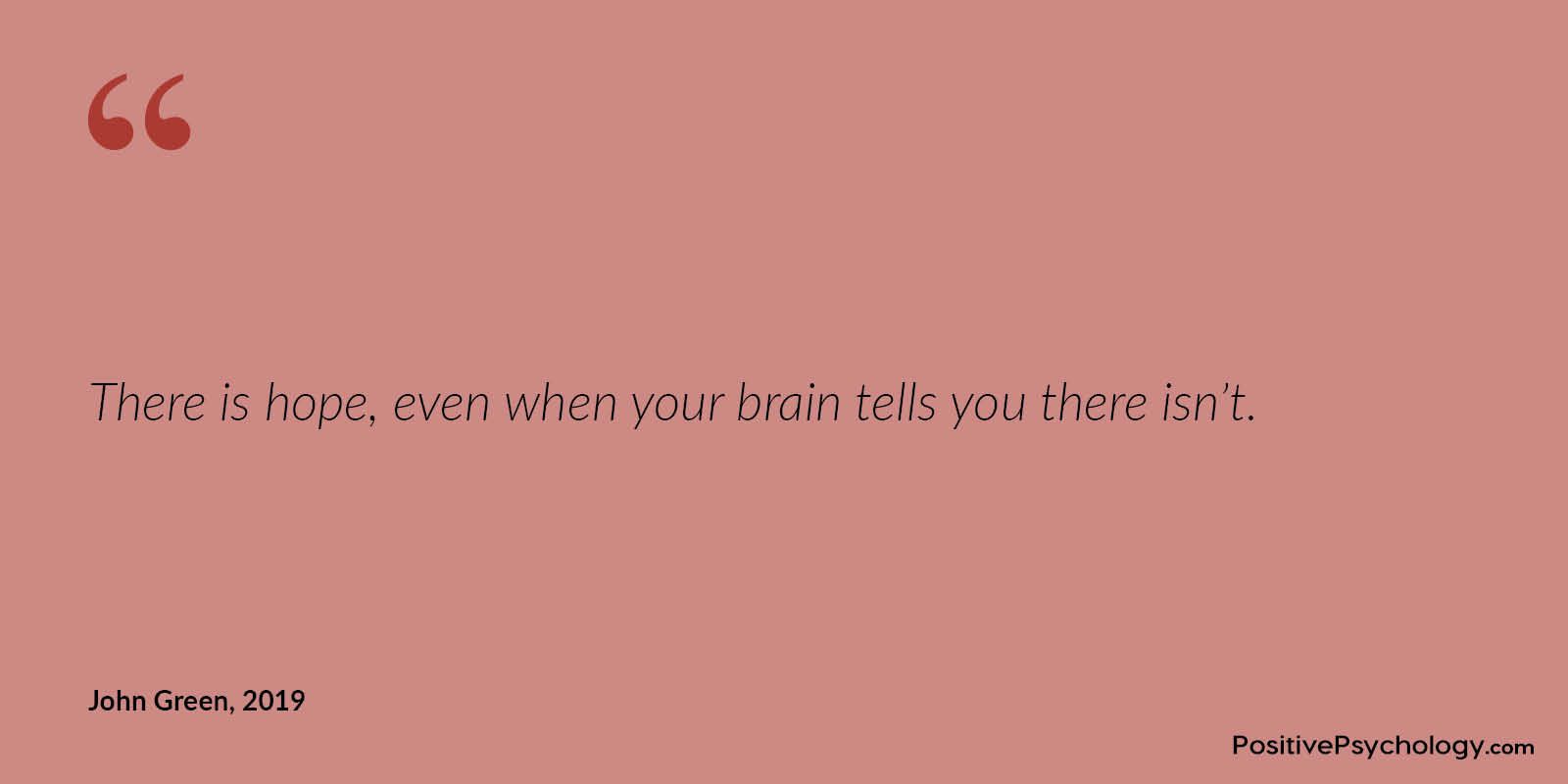
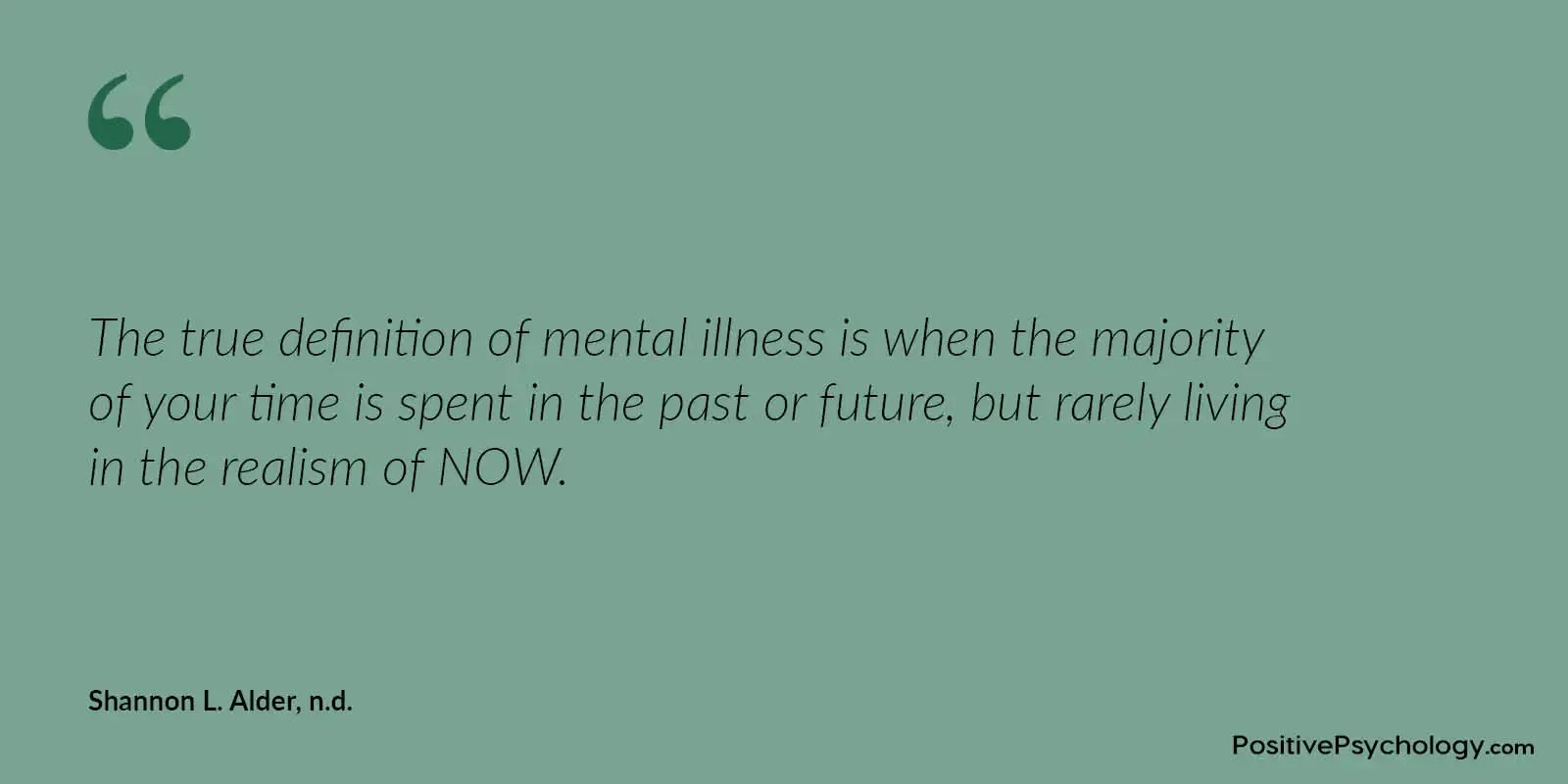
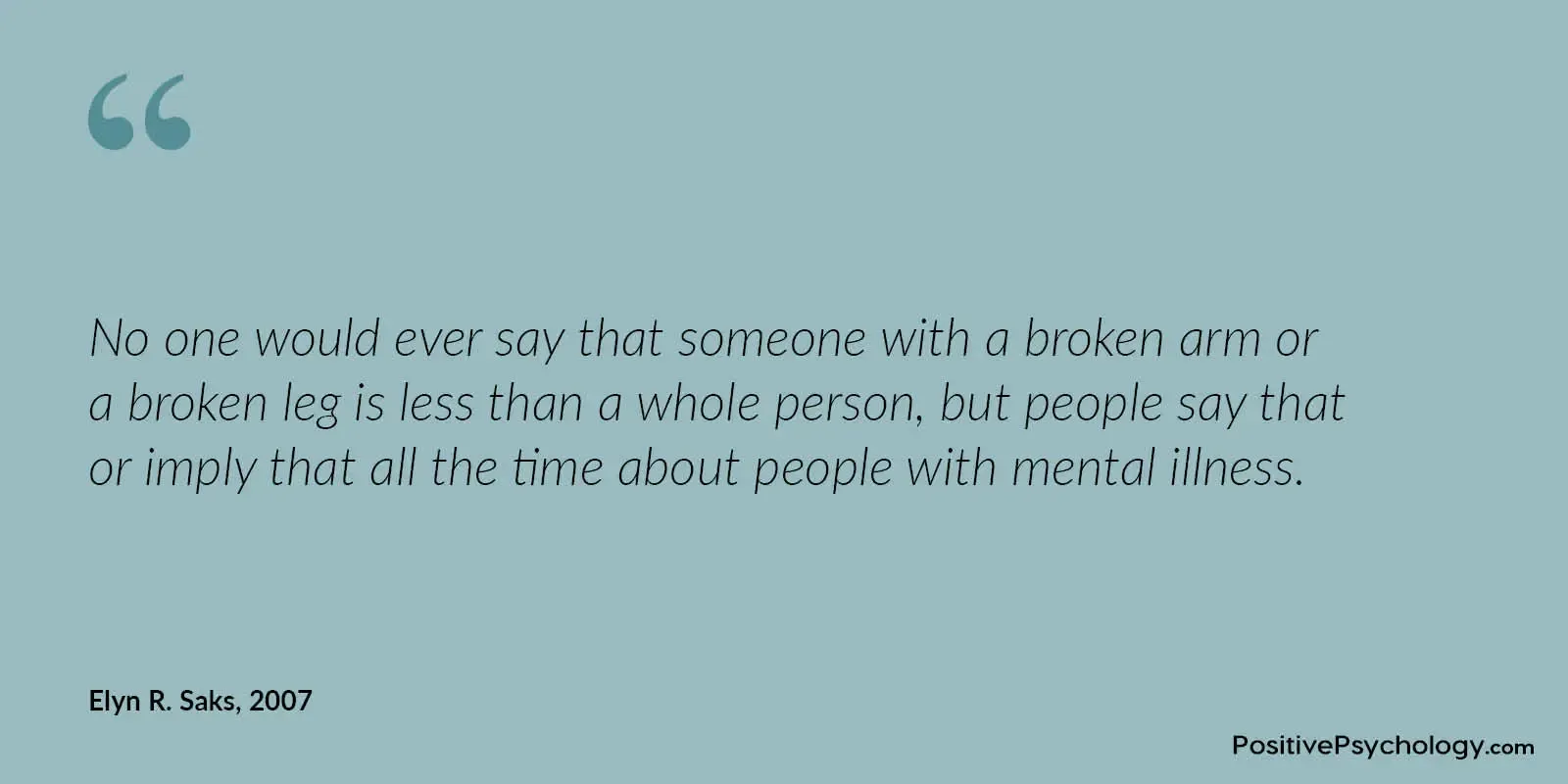
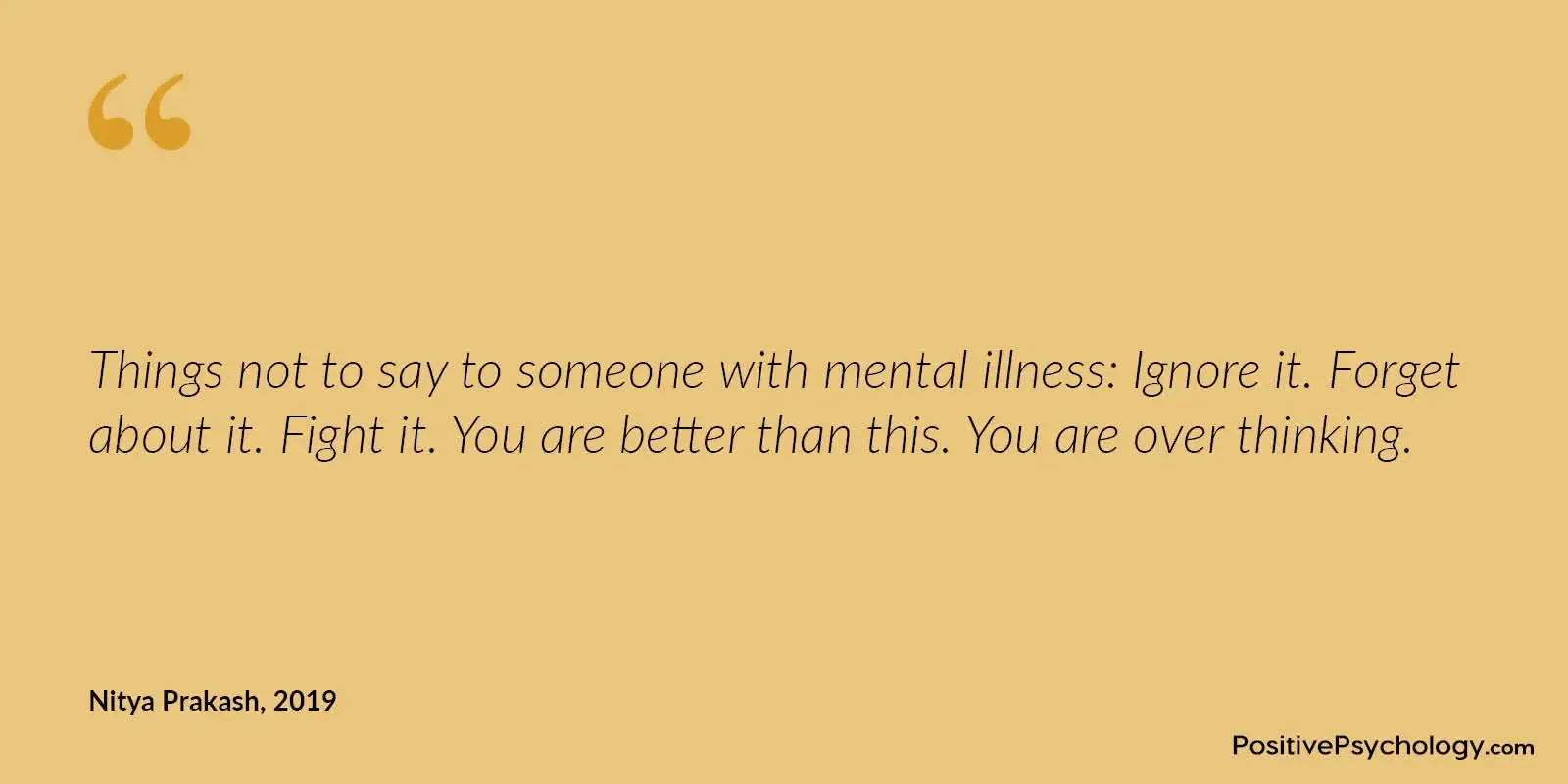
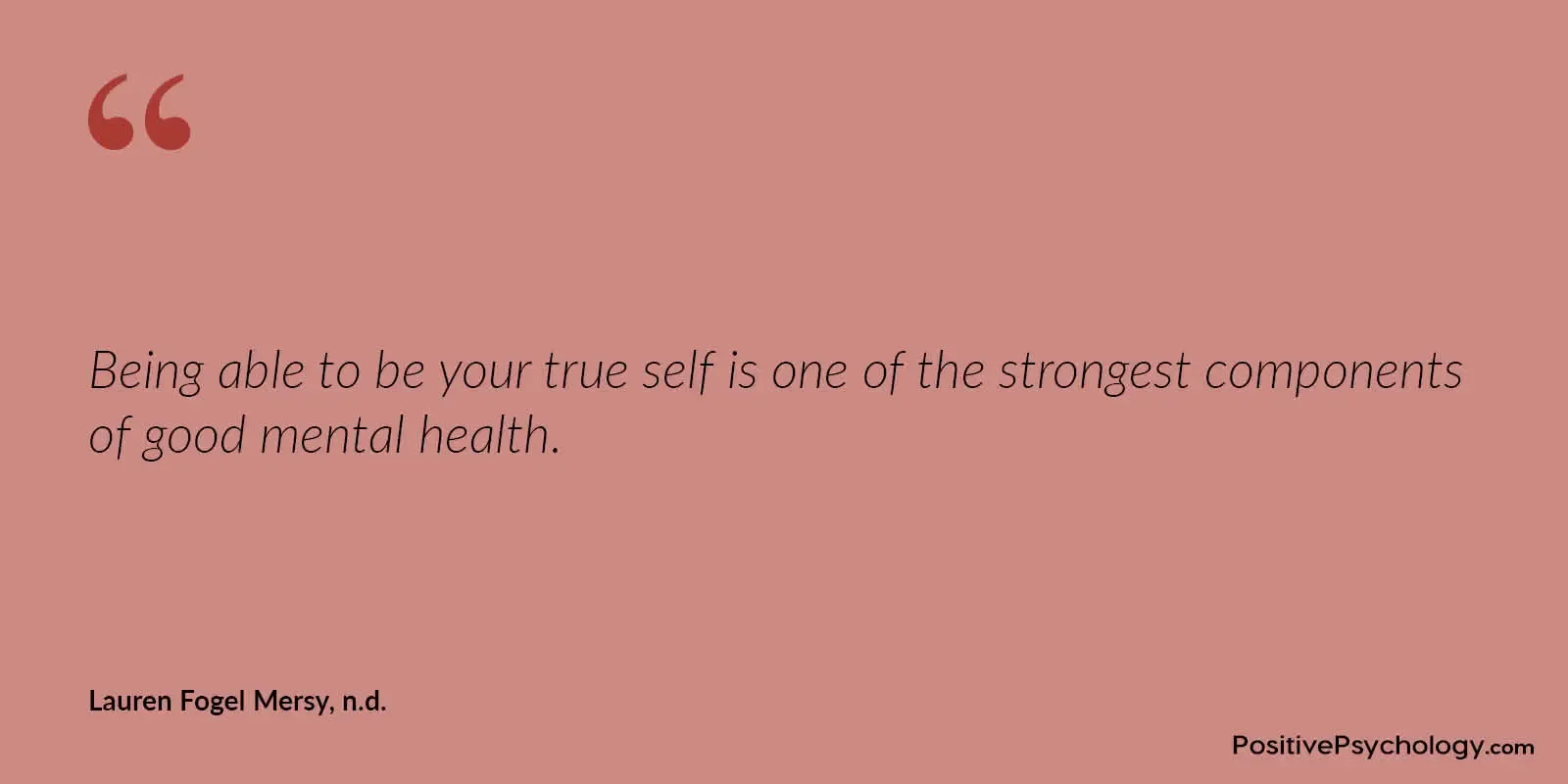
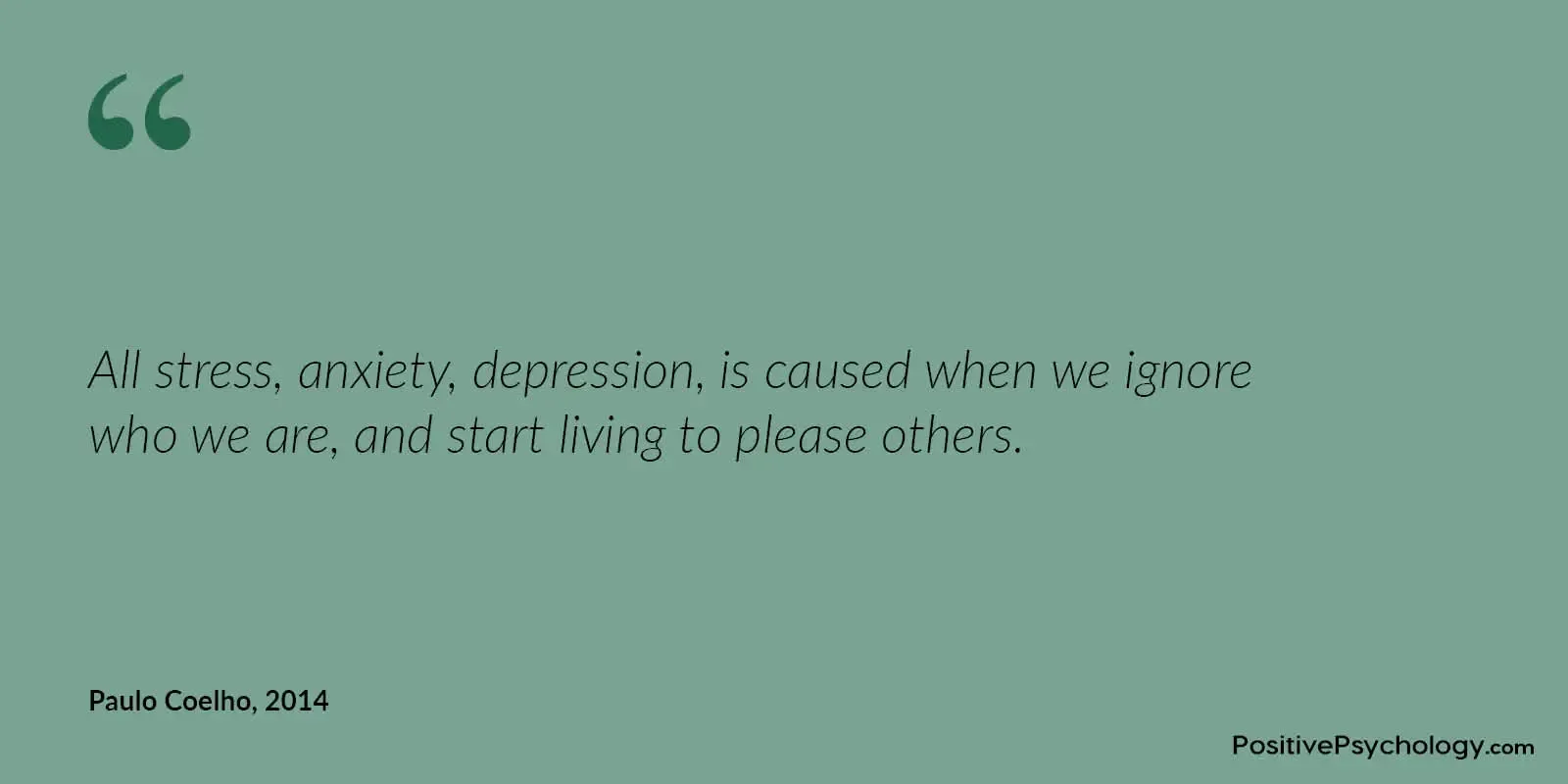
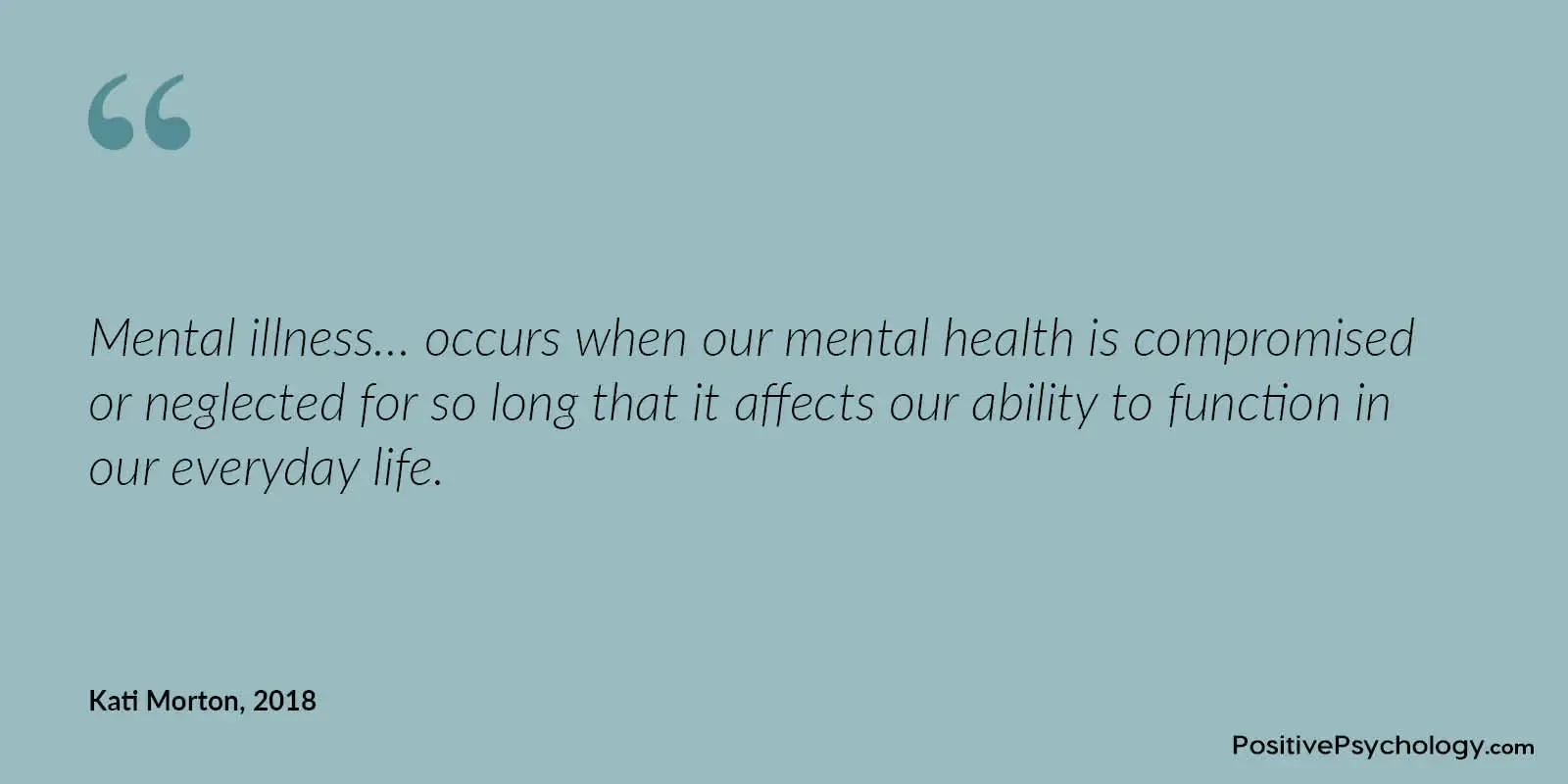
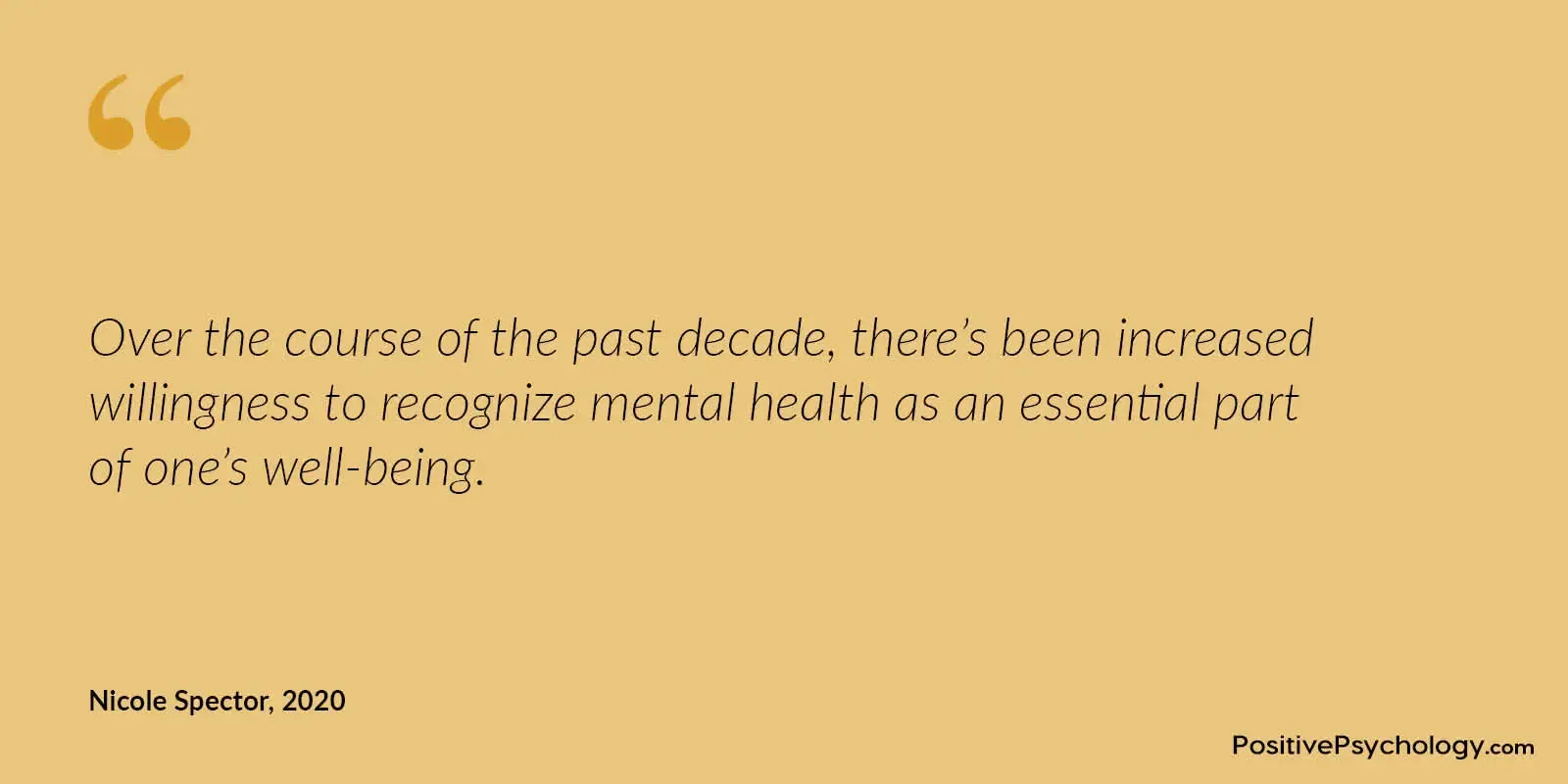
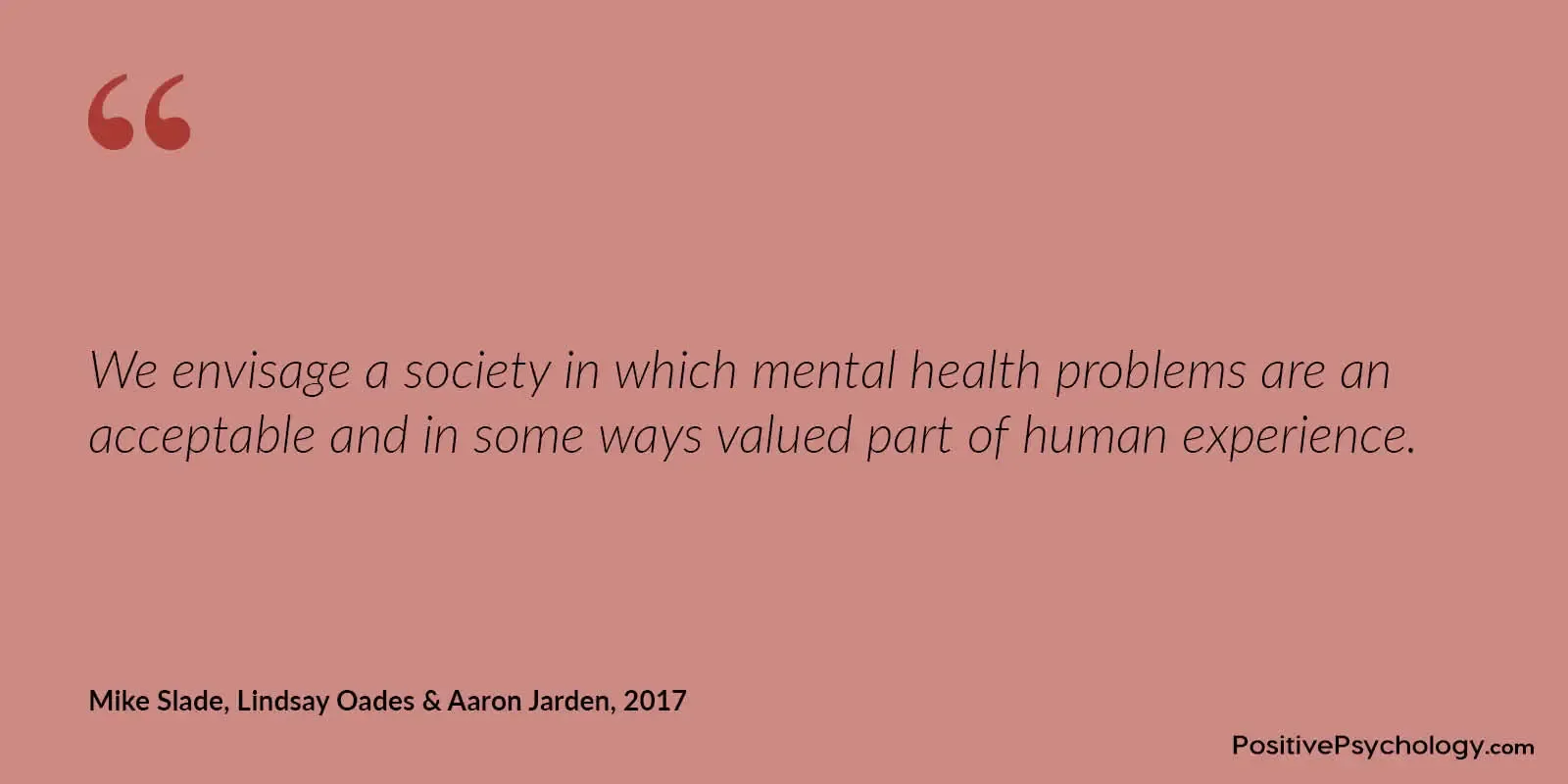
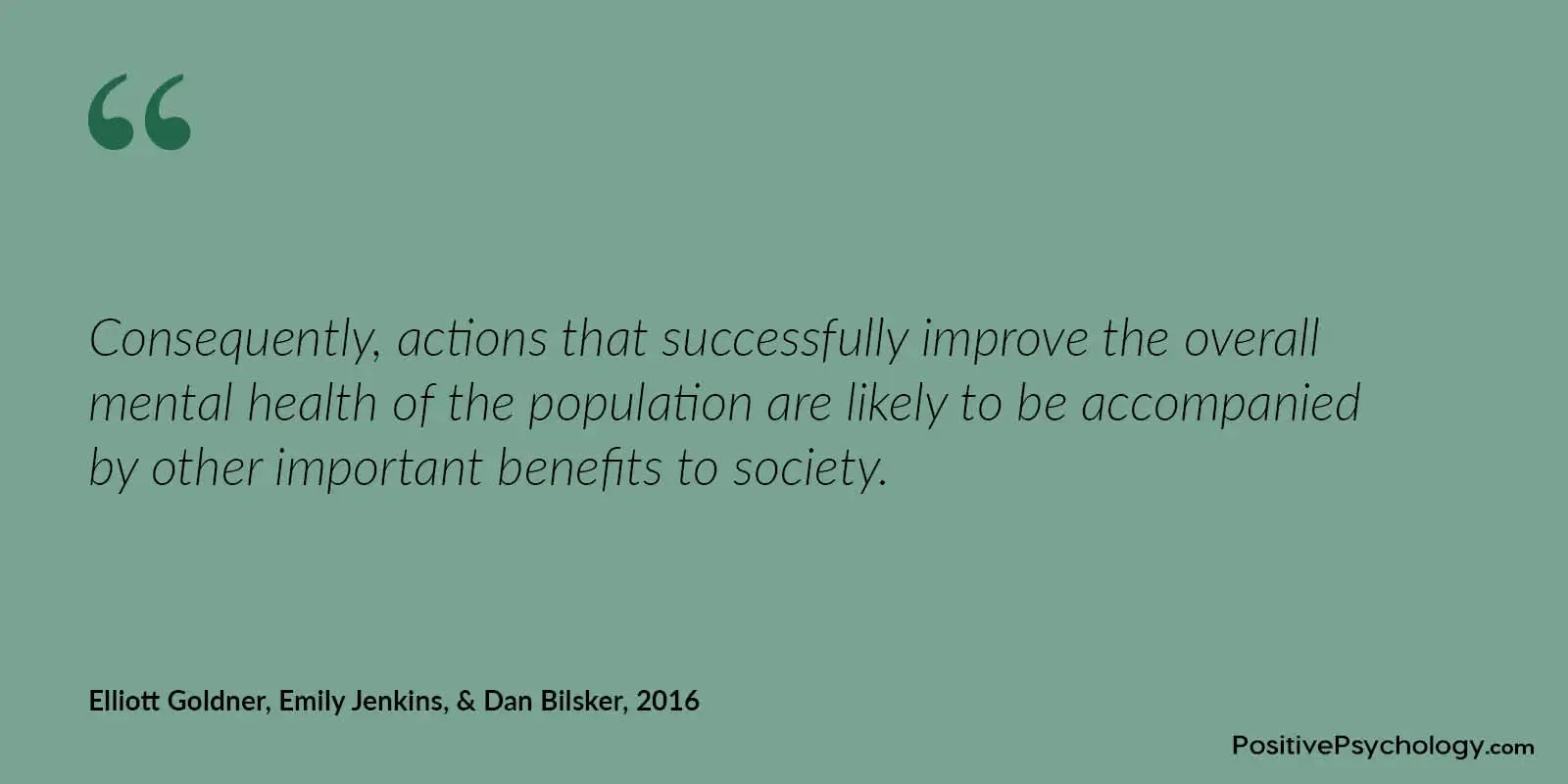
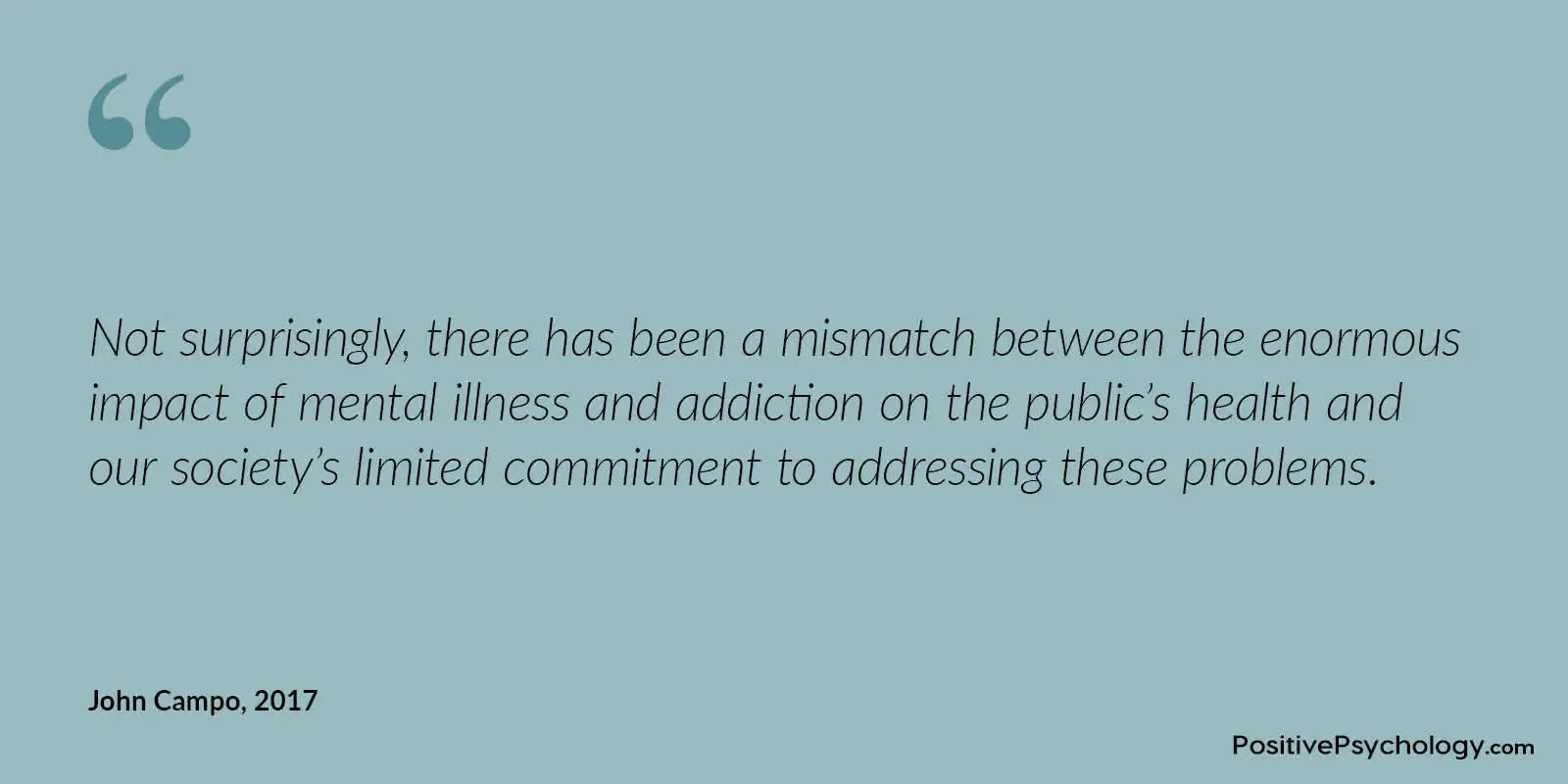
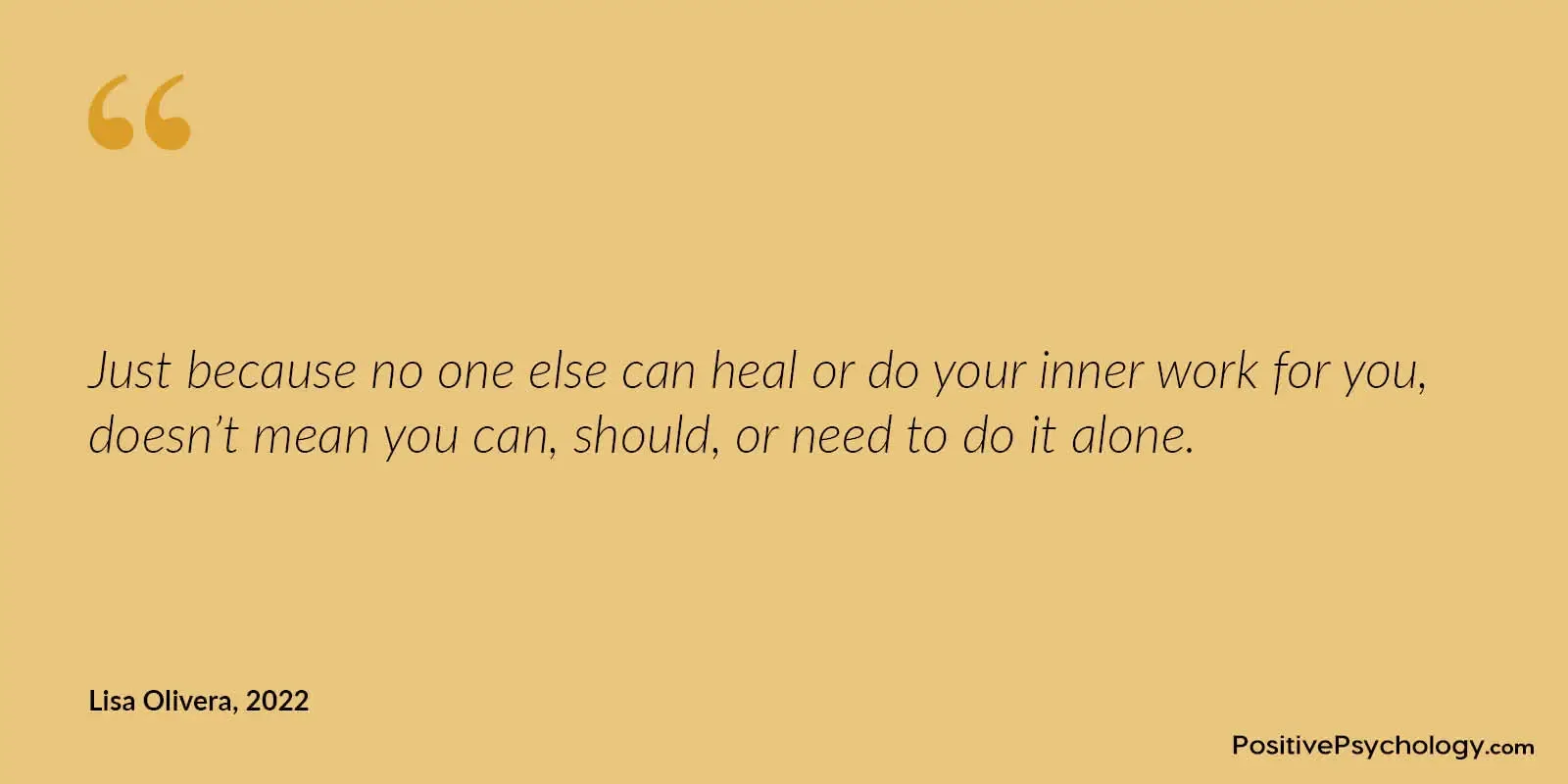
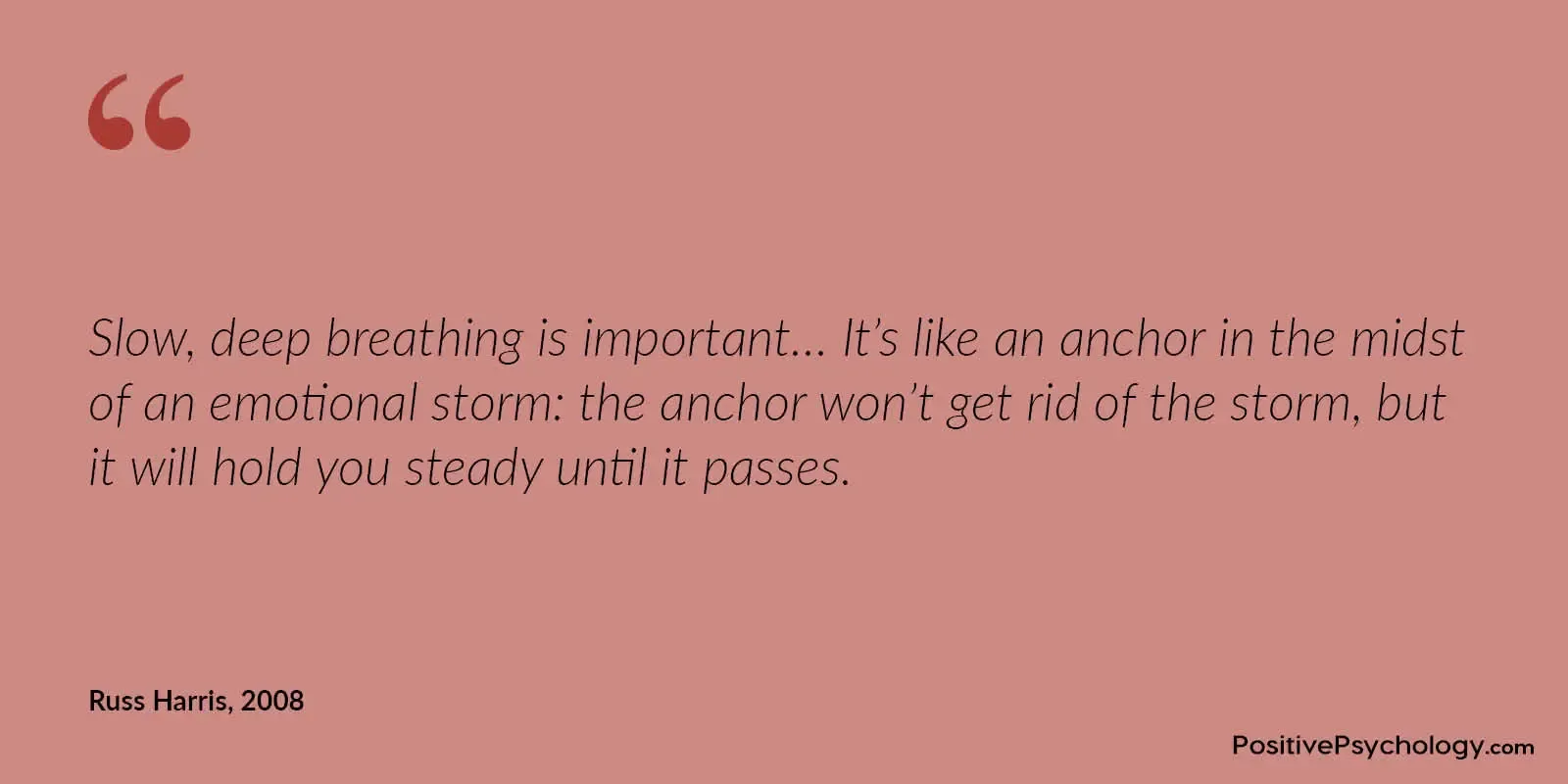
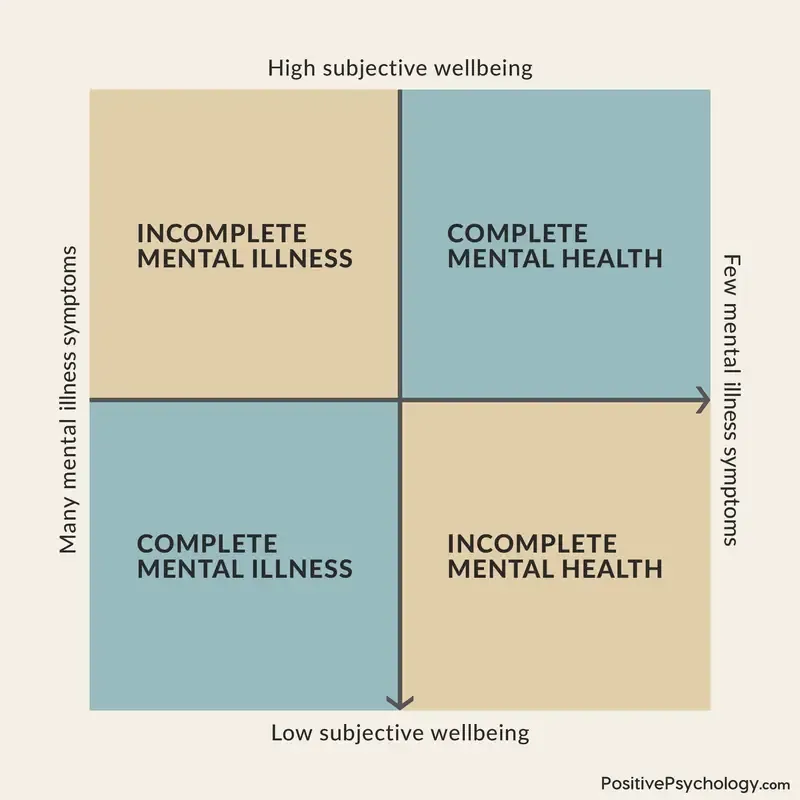
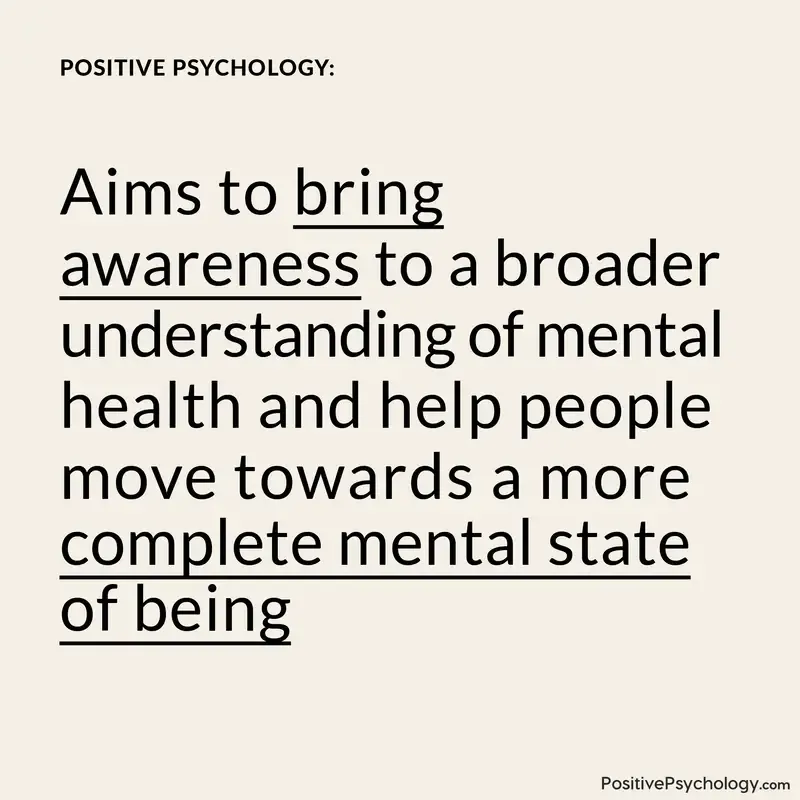
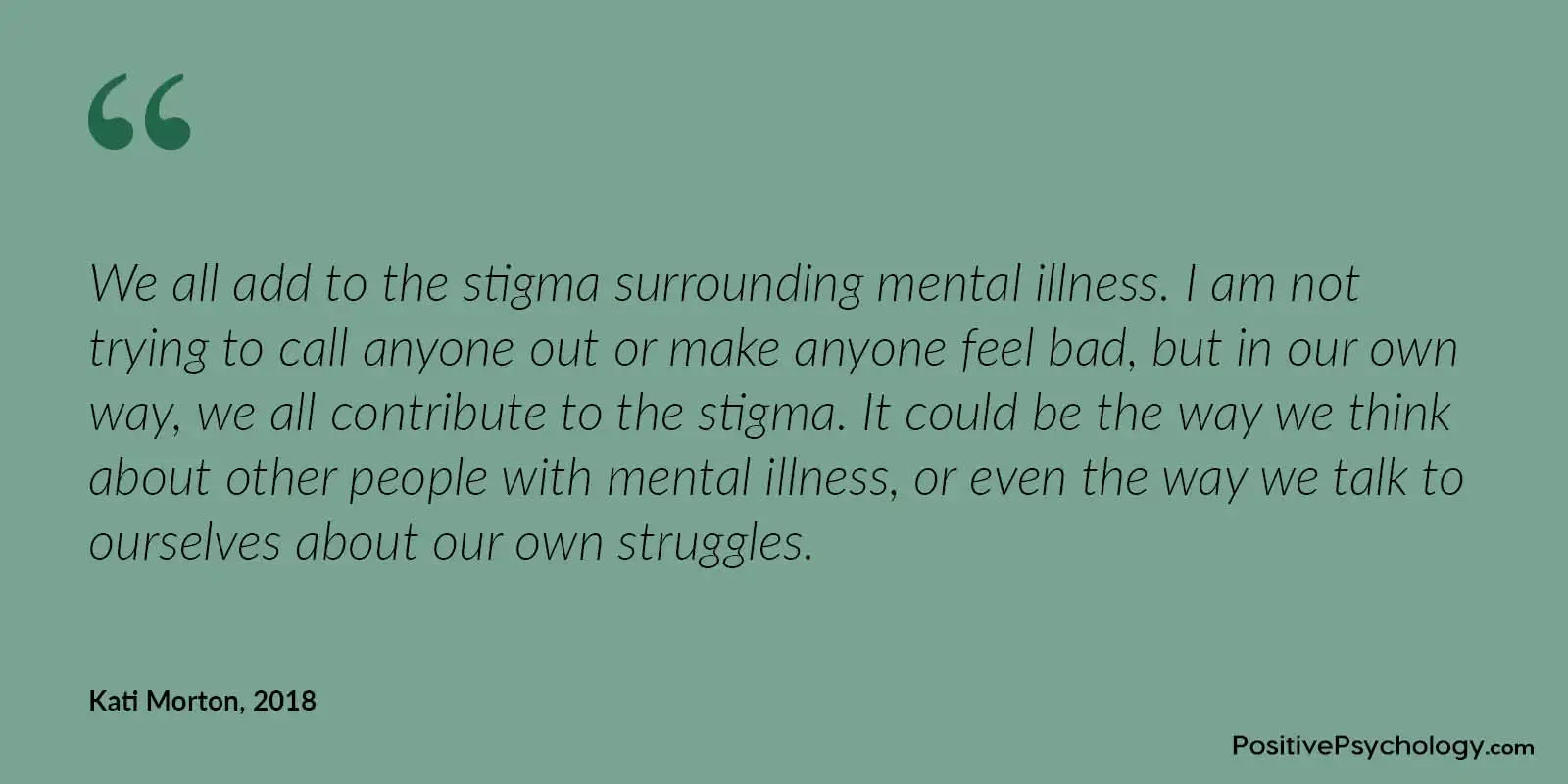
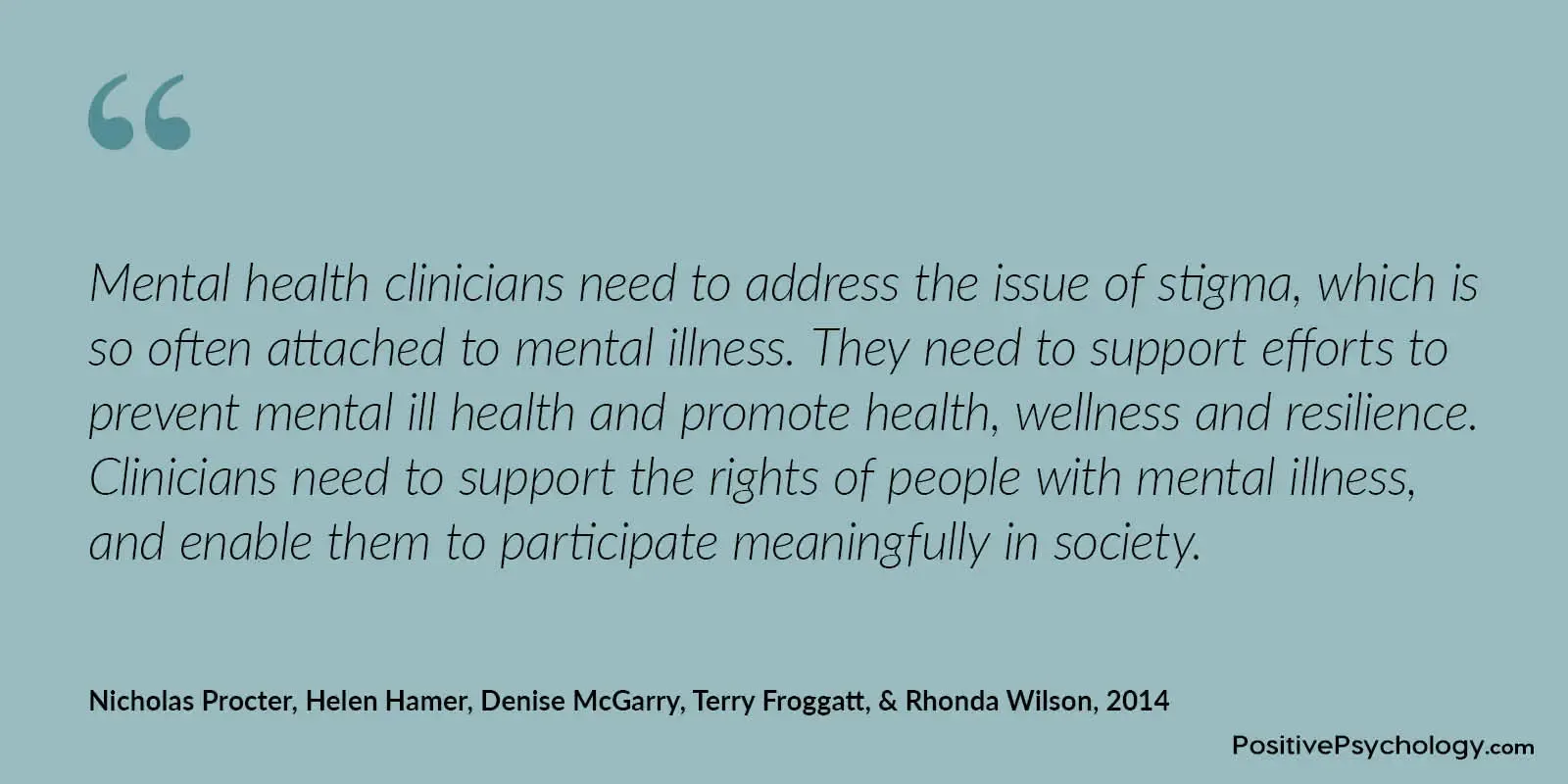
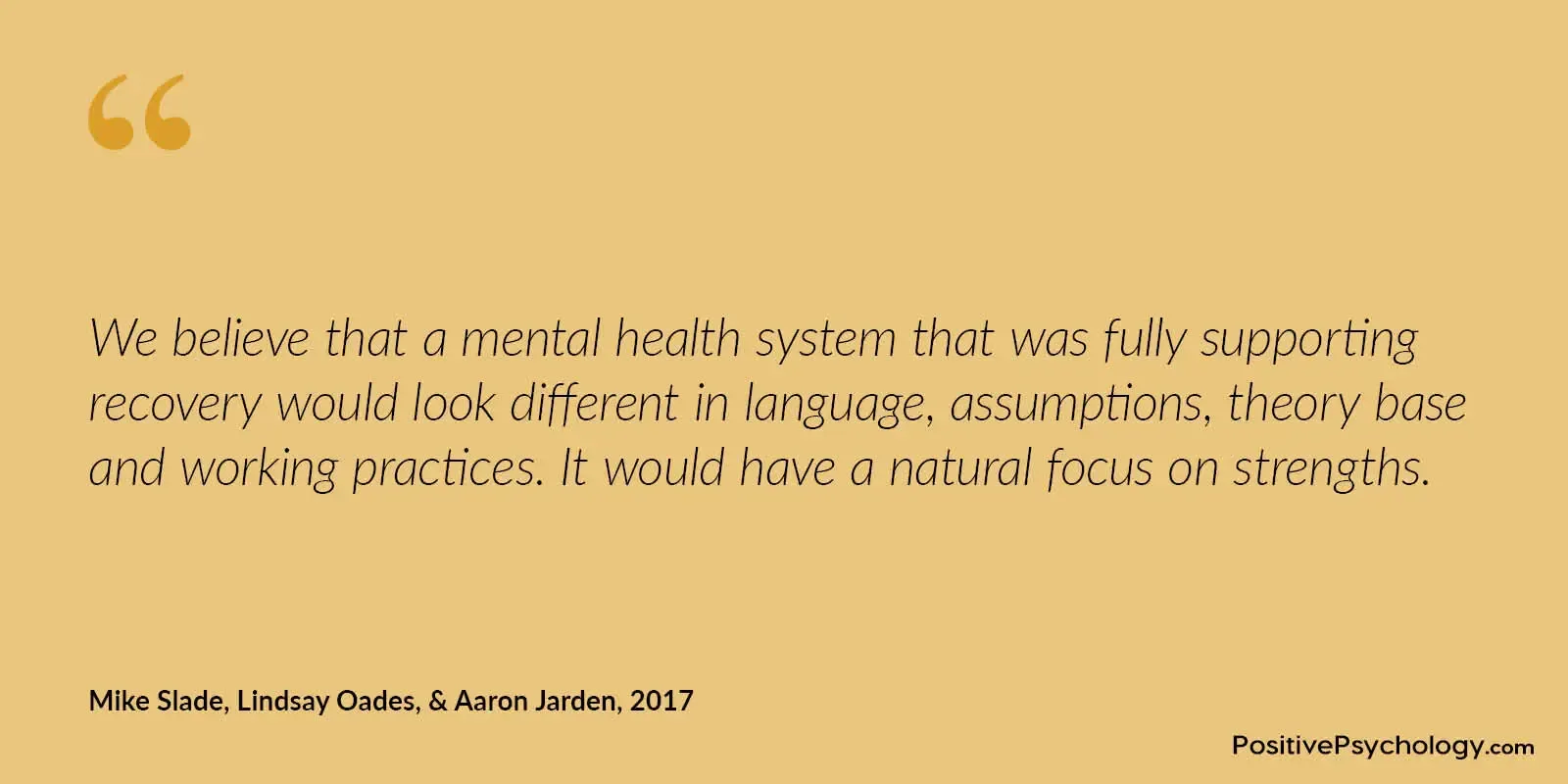
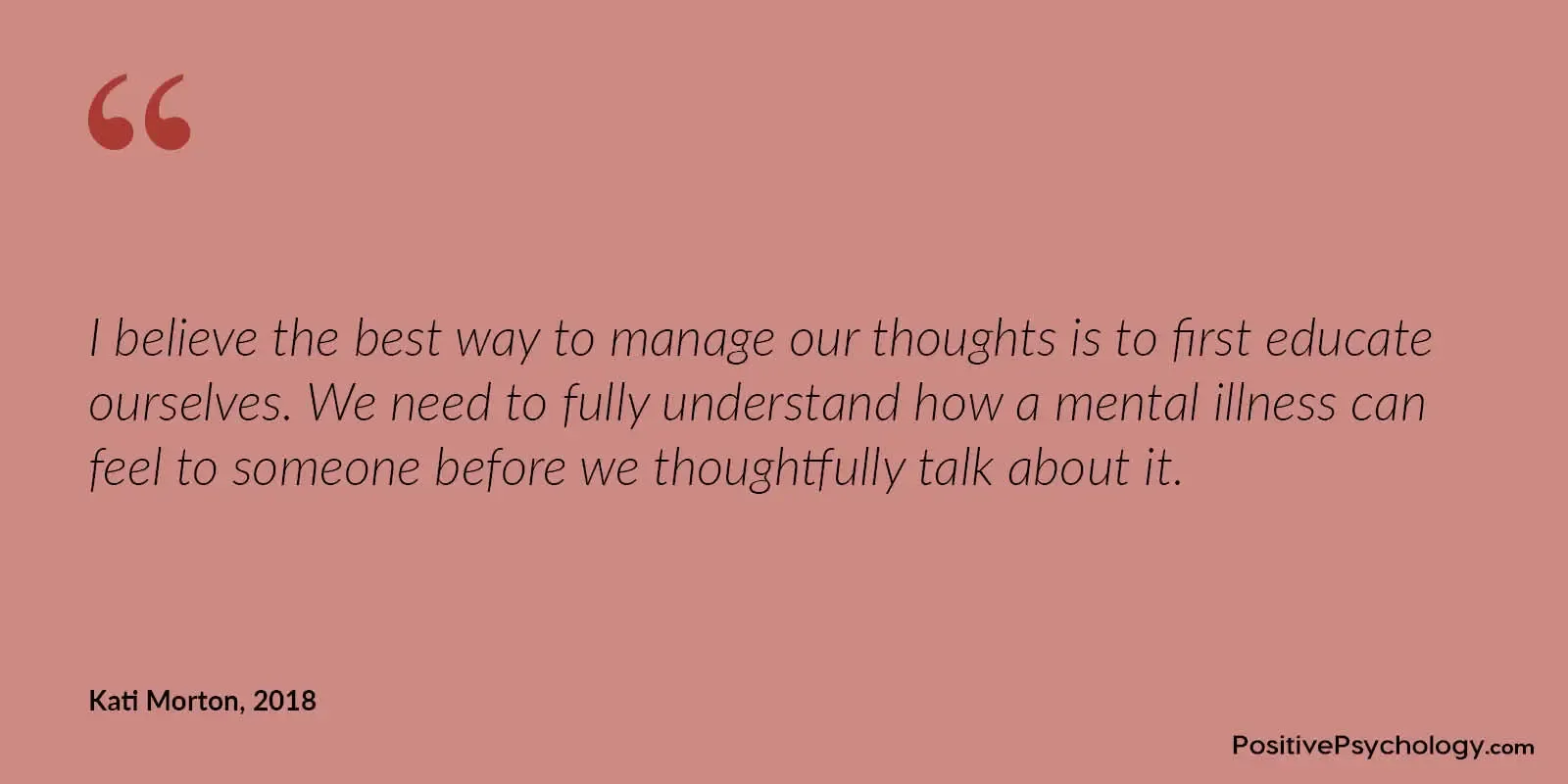
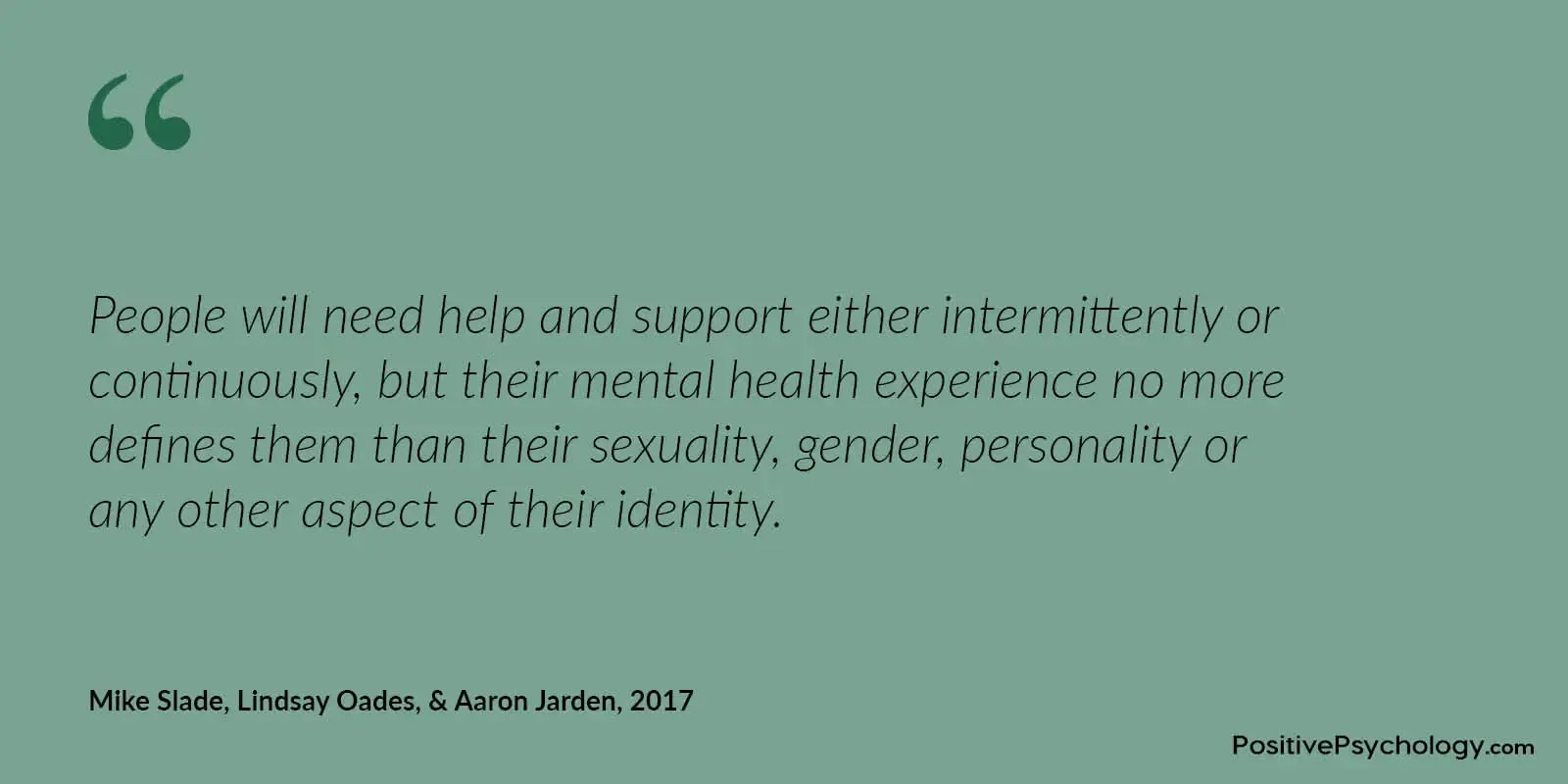
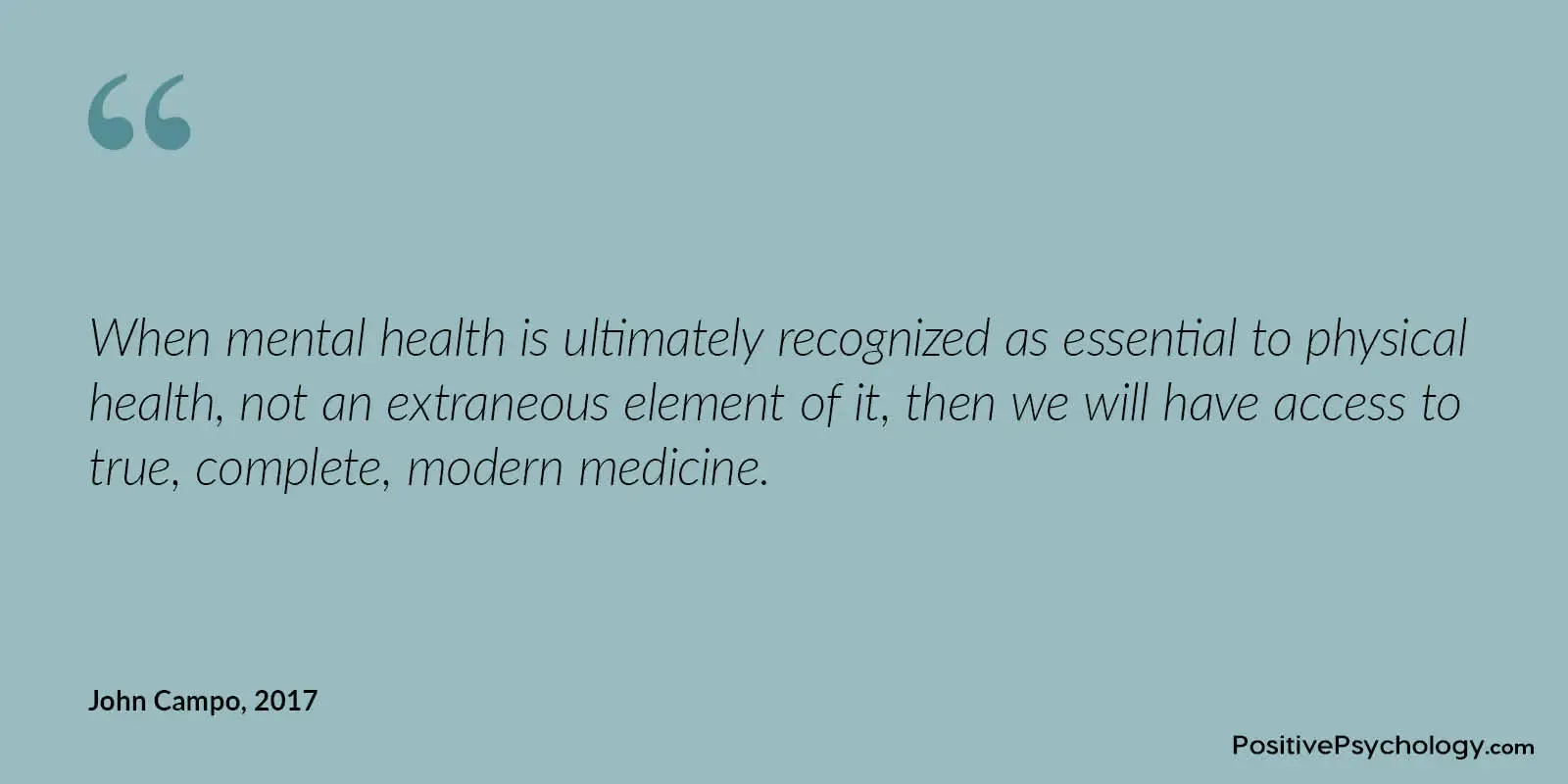
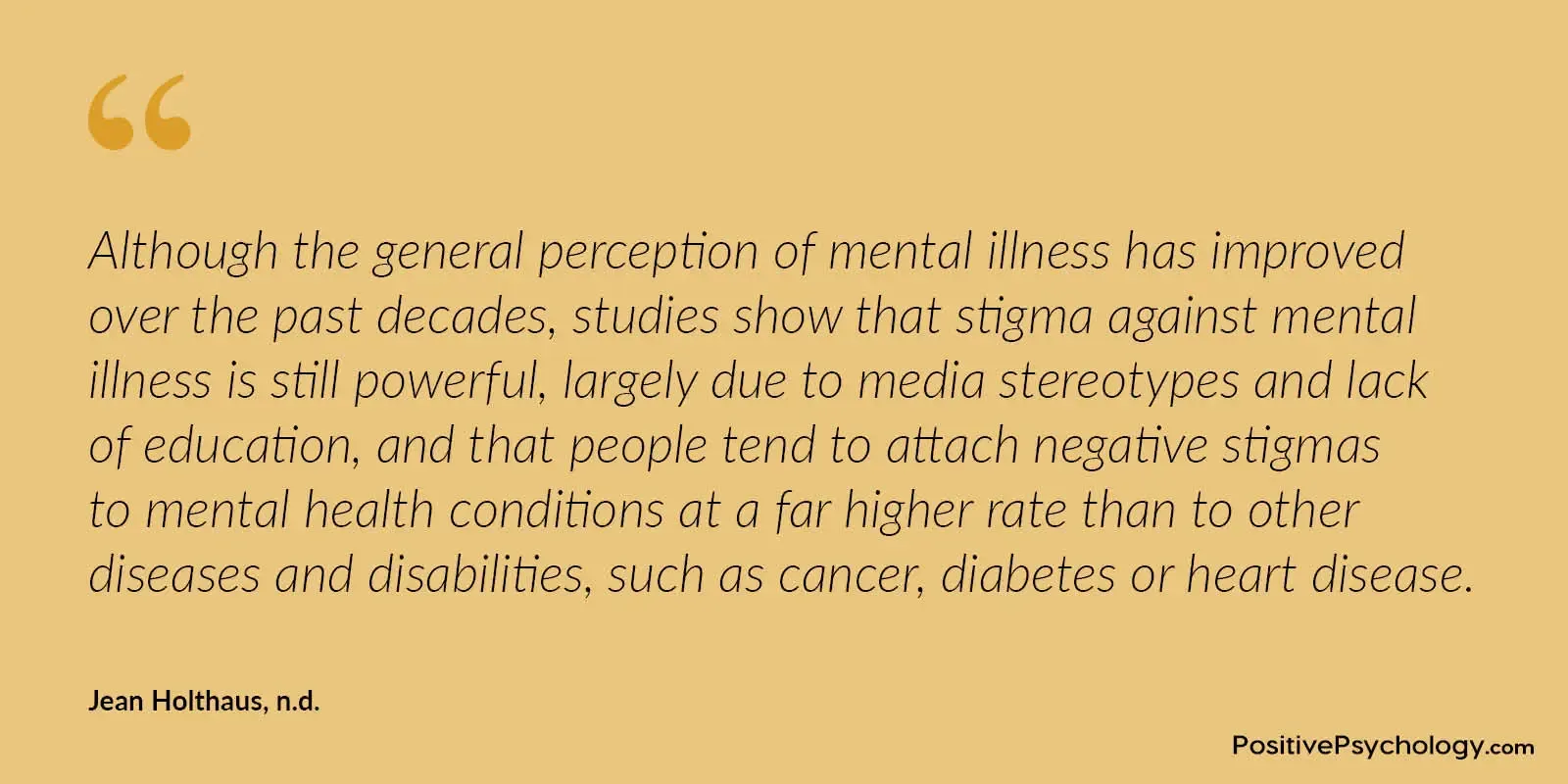
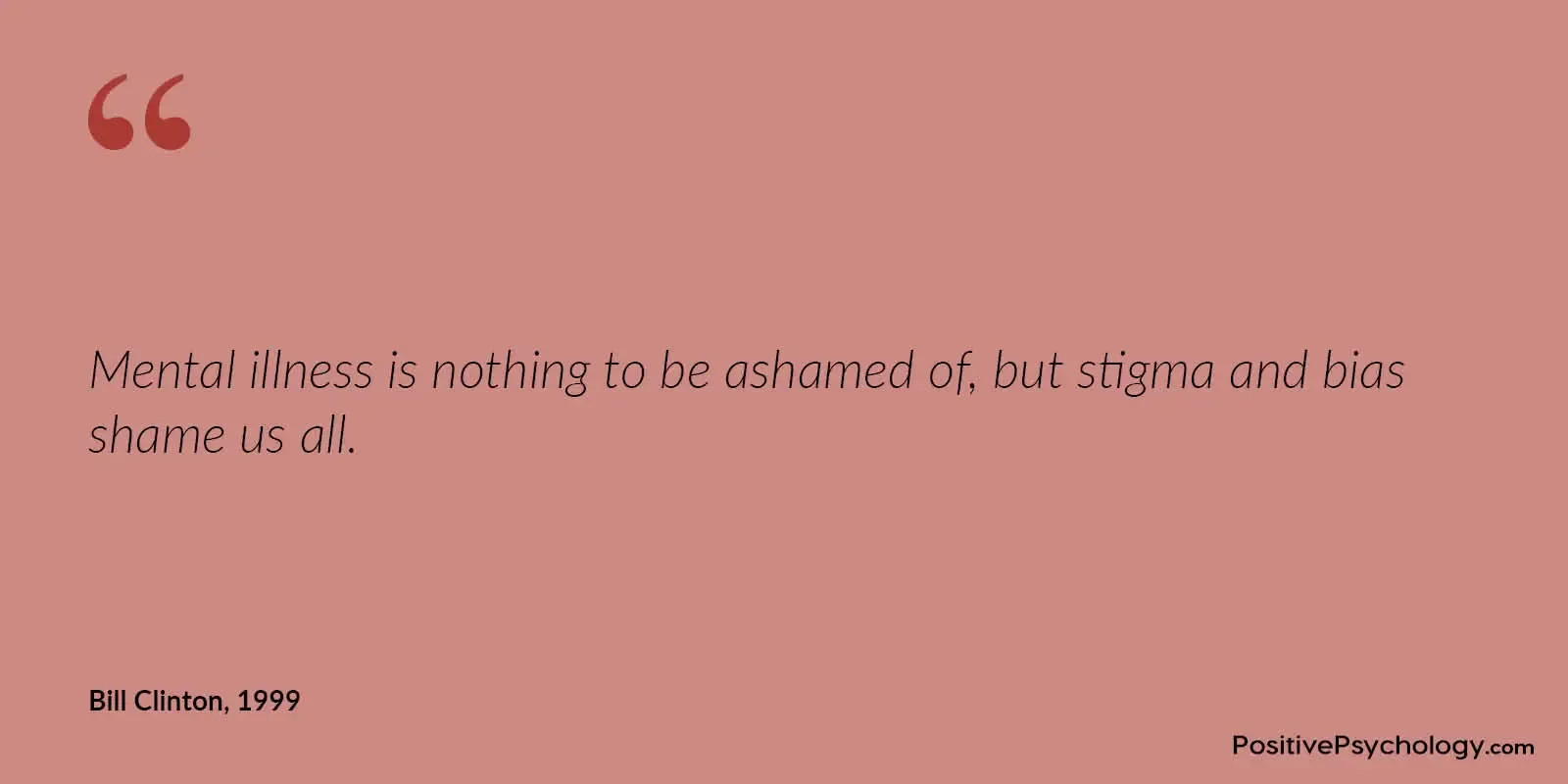
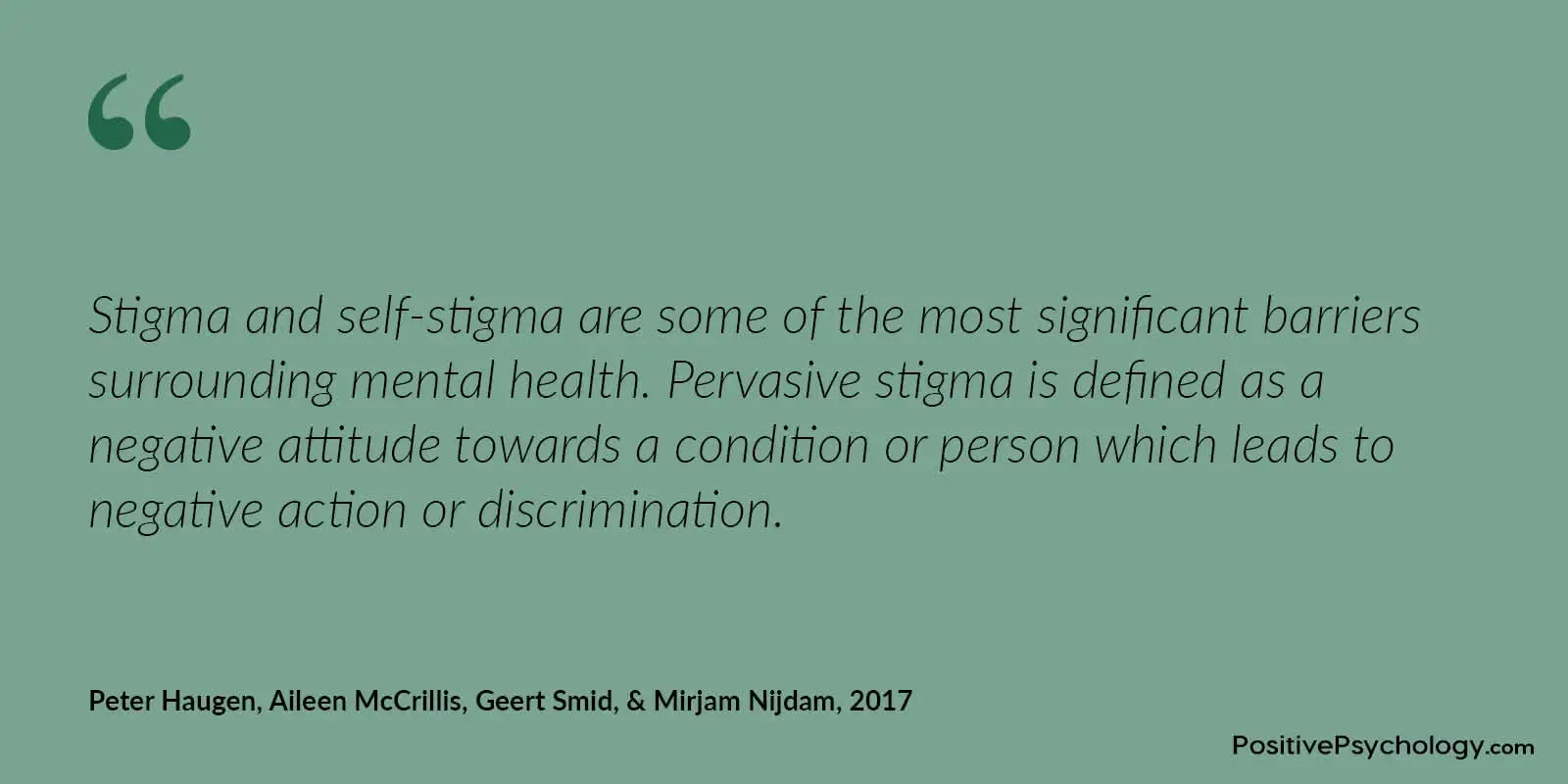

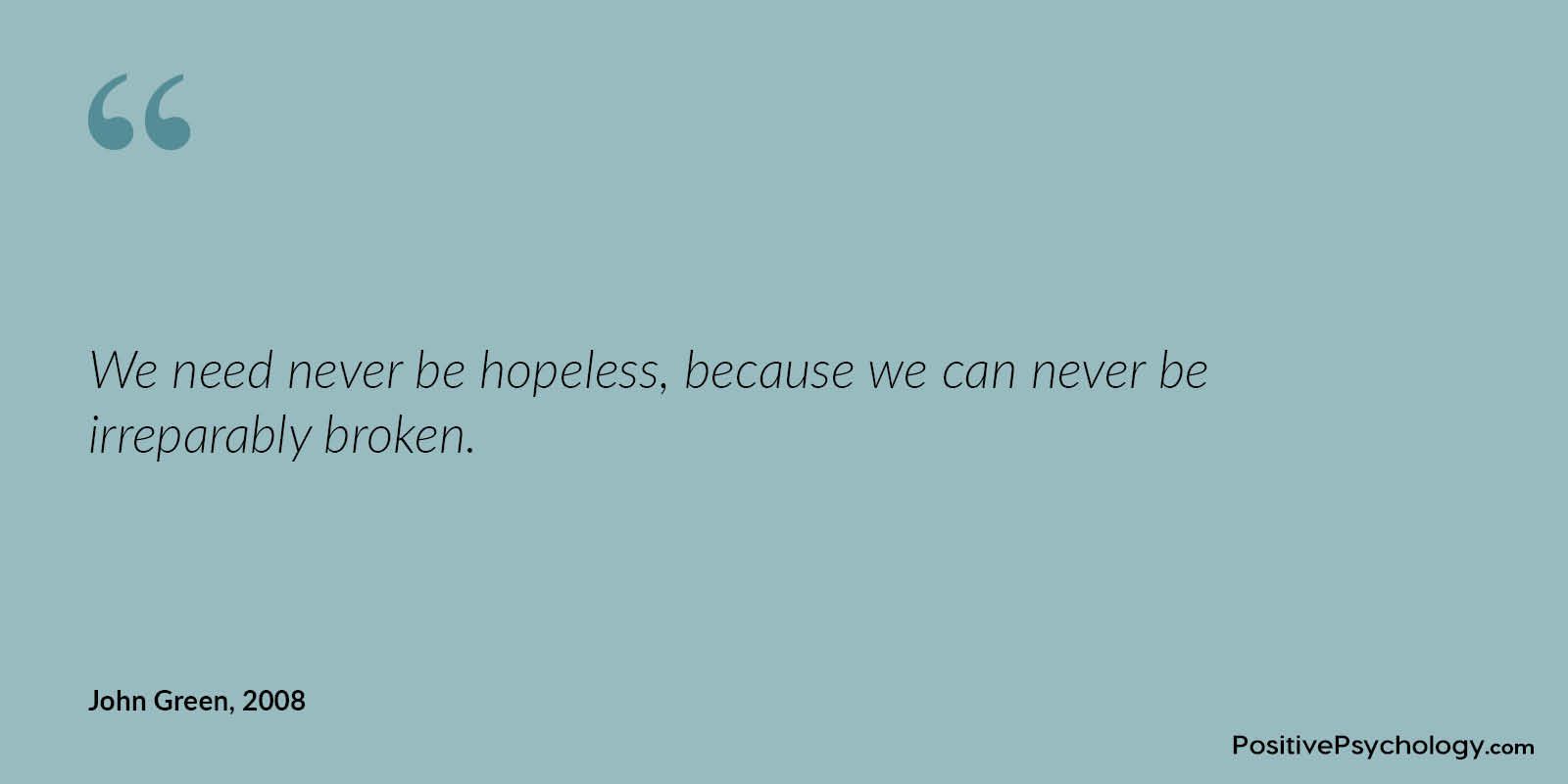
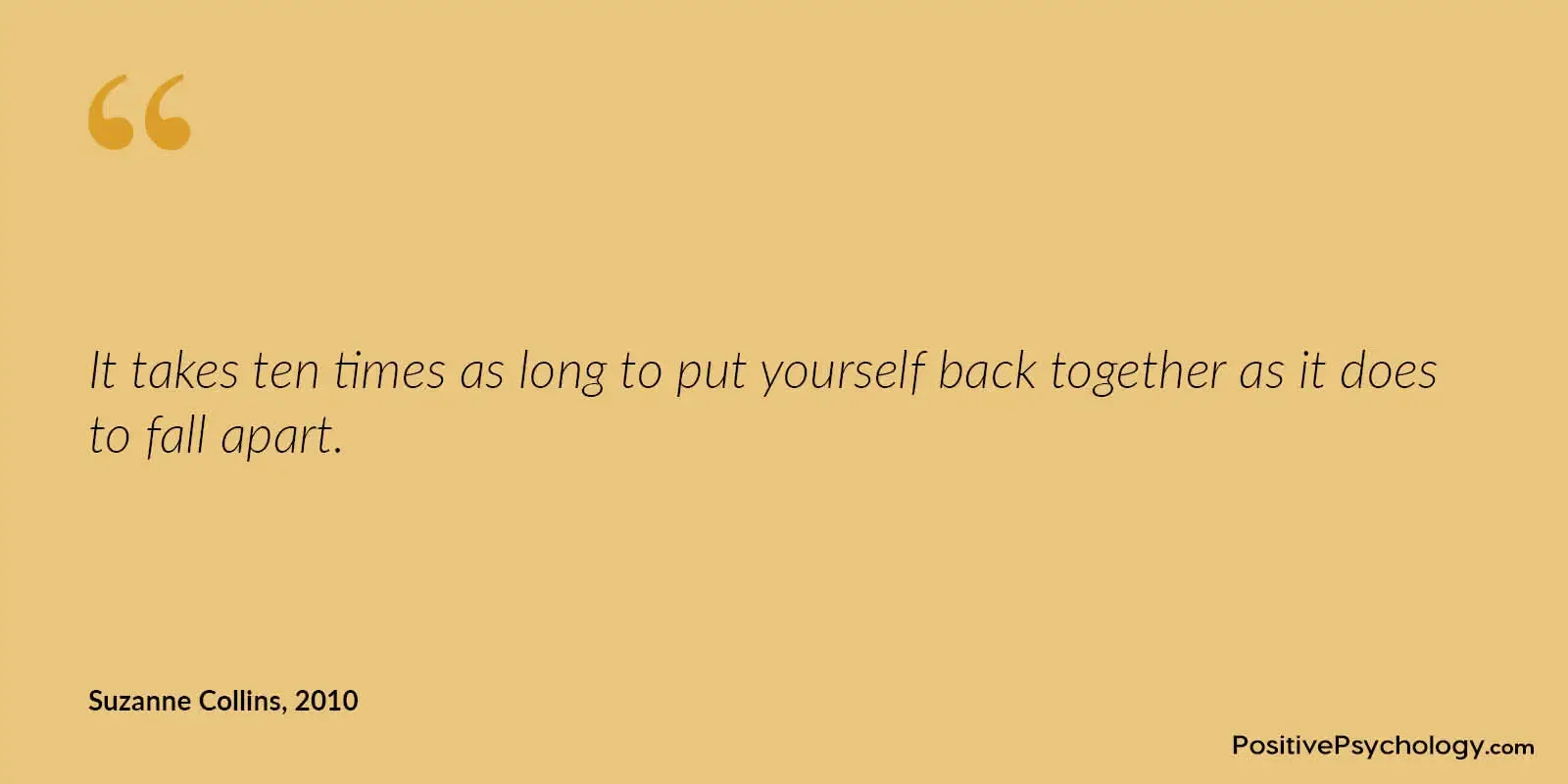
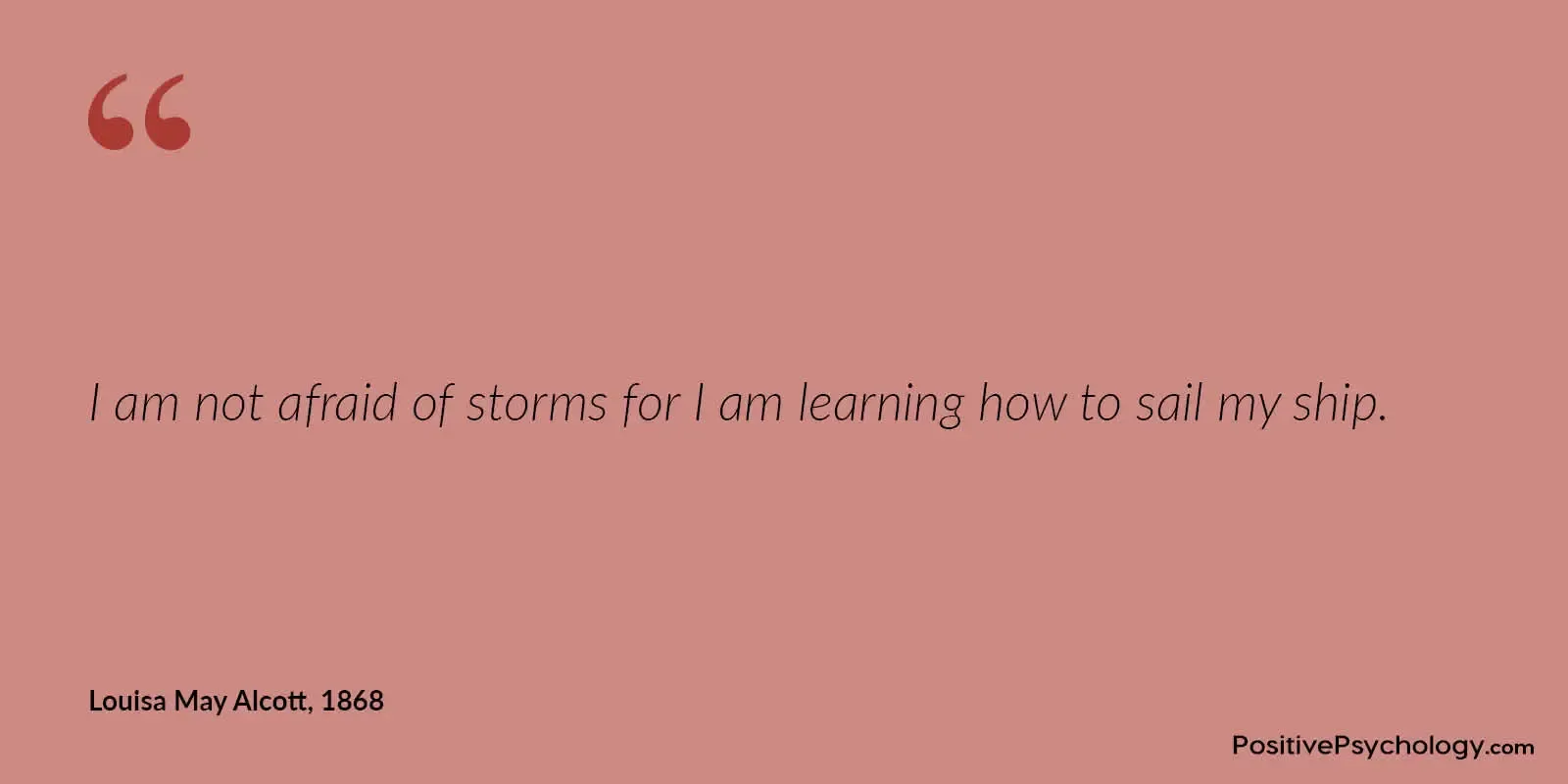
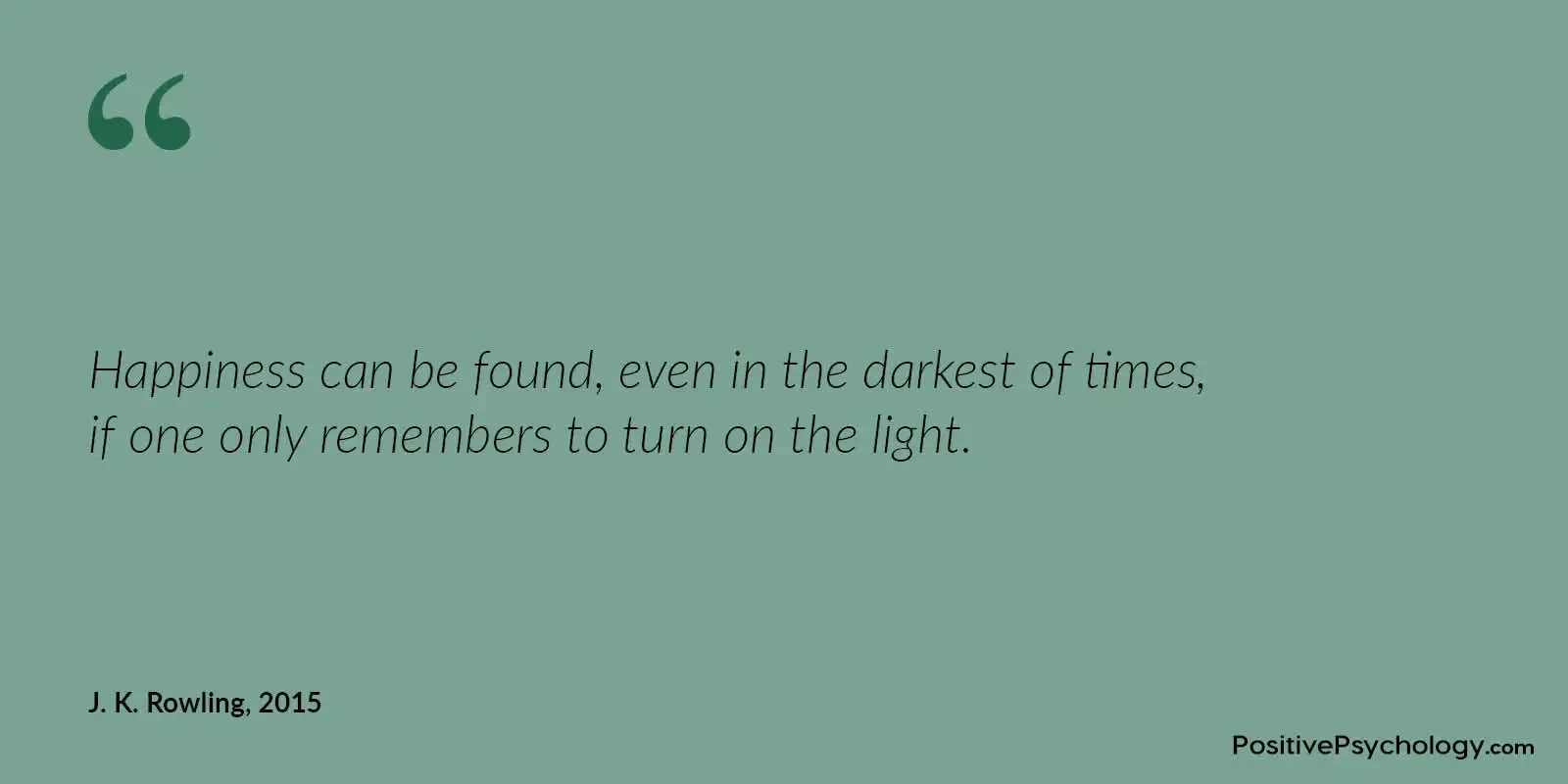
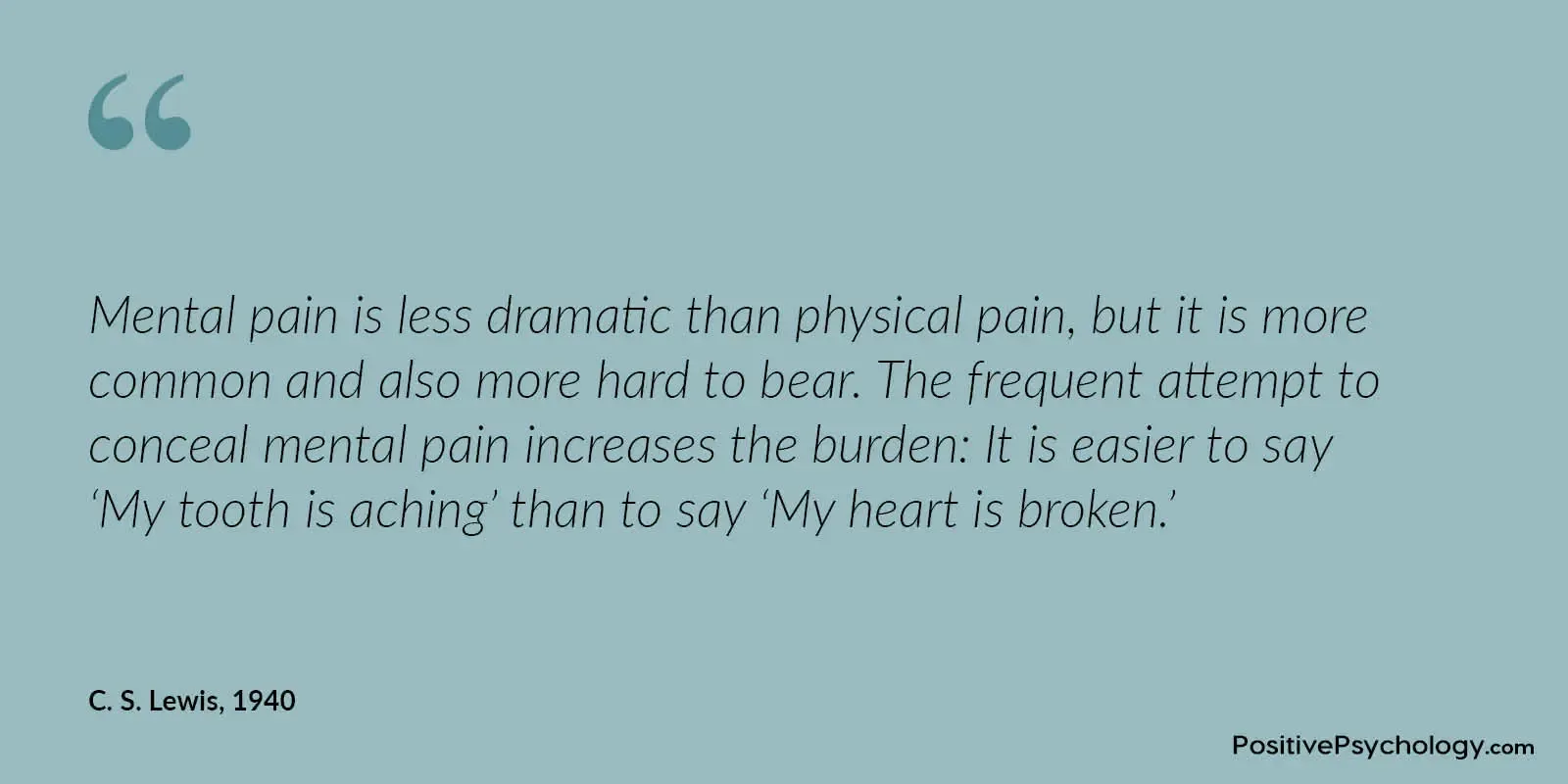
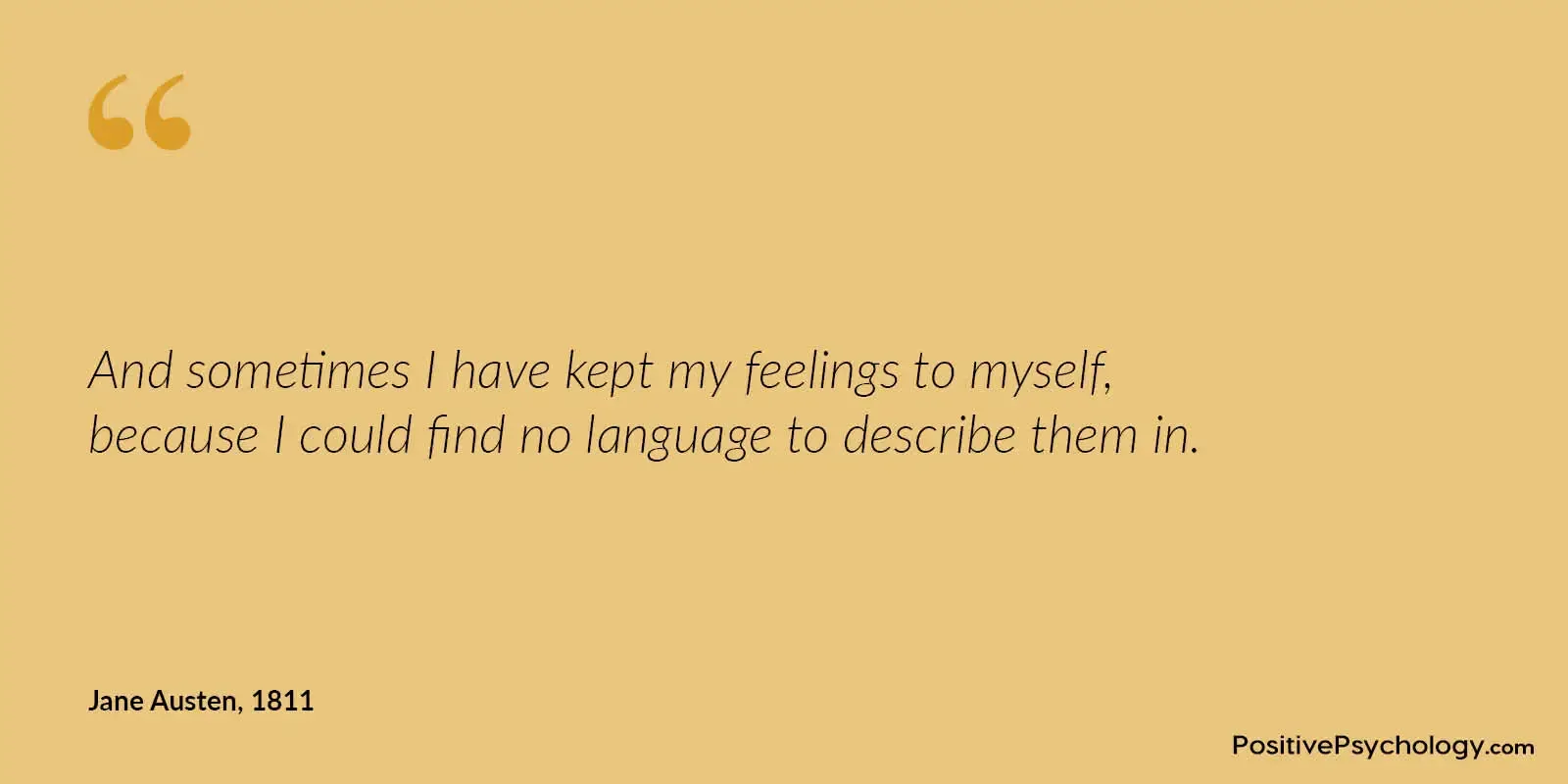



What our readers think
While the article was very good and I enjoyed reading all of the quotes – as well as seeing links to other supports, plus a reference list (very thorough) – it was a scam to end the article with, “Don’t forget to download our three Meaning and Valued Living Exercises for FREE” [stress added], as, when I entered my name and email in the pop-up window, I was taken to a page that said I could PURCHASE the three exercises for $17!
Hi Virginia,
We are sorry to hear that you had this experience. Let me clarify. You should have received the three free exercises when you entered your email address. Once you entered your information and the exercises were sent, you were automatically taken to a separate sales page for our 17 Meaning & Valued Living exercises, a tool pack currently on sale for $17. Please note these are two different products (the three free exercises and the 17-exercise tool pack, which we currently run a promo on).
Please do let me know if you did not receive your three free exercises in your email!
Kind regards,
-Caroline | Community Manager
The quotes were refreshing and inspiring and the article was well written.